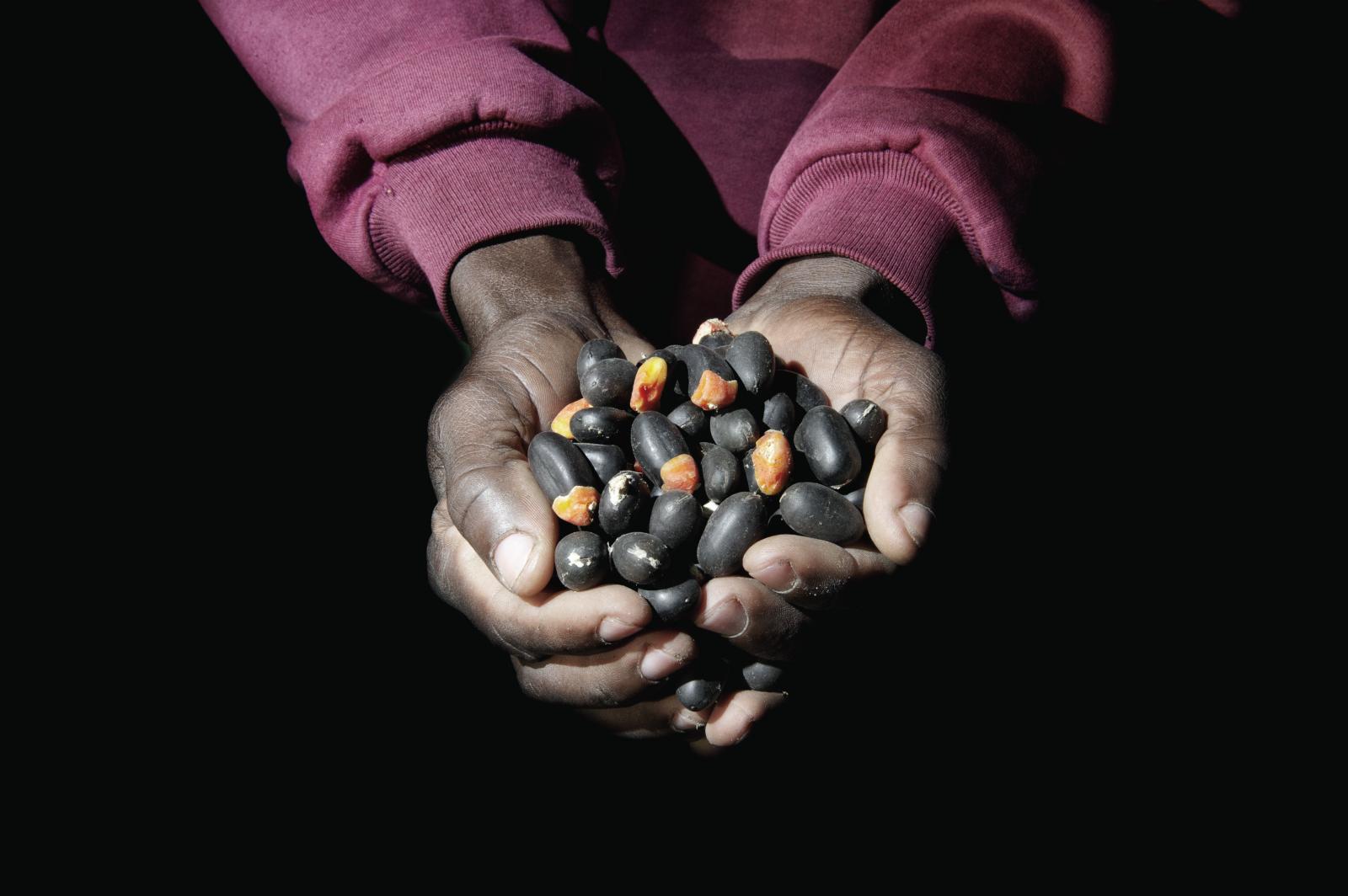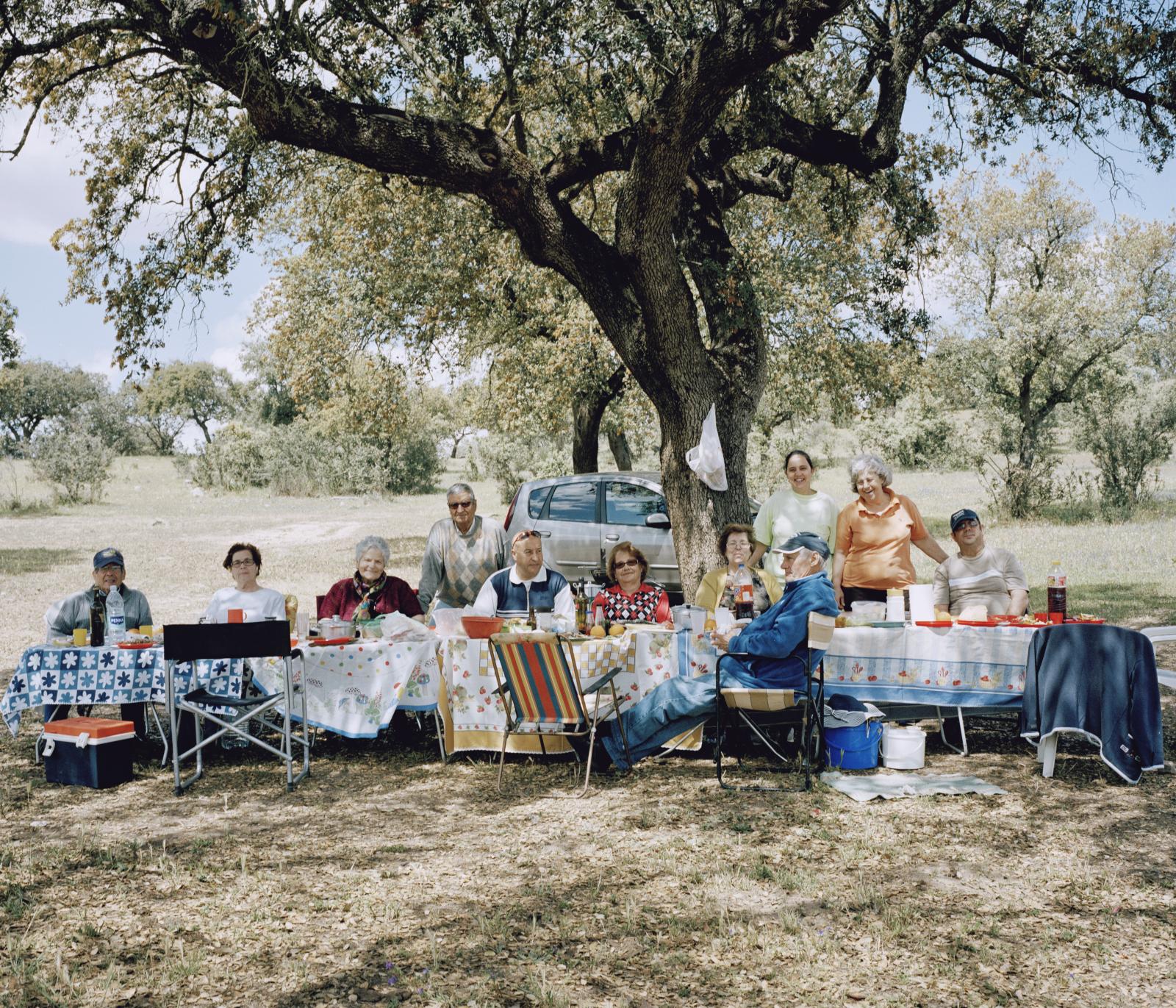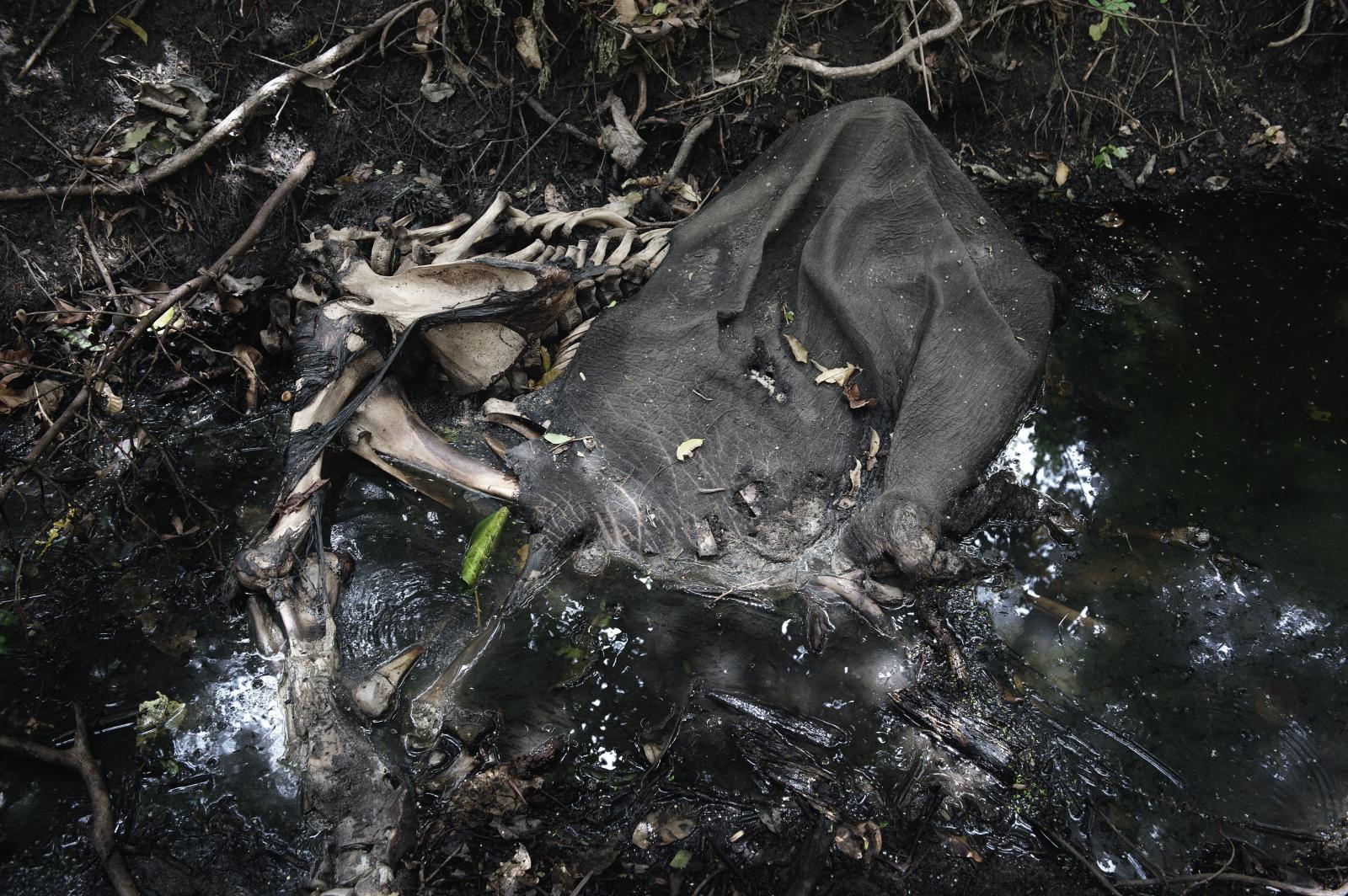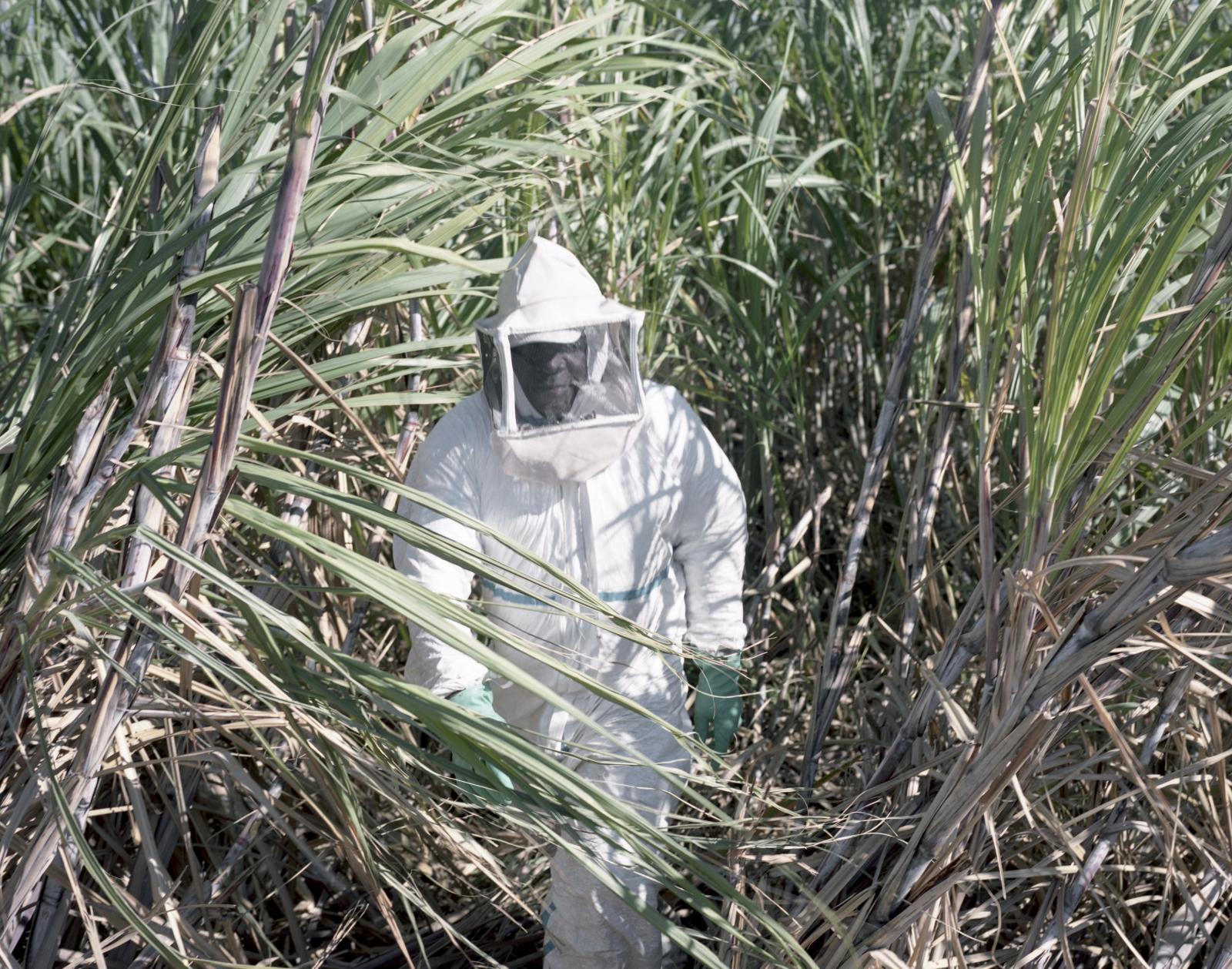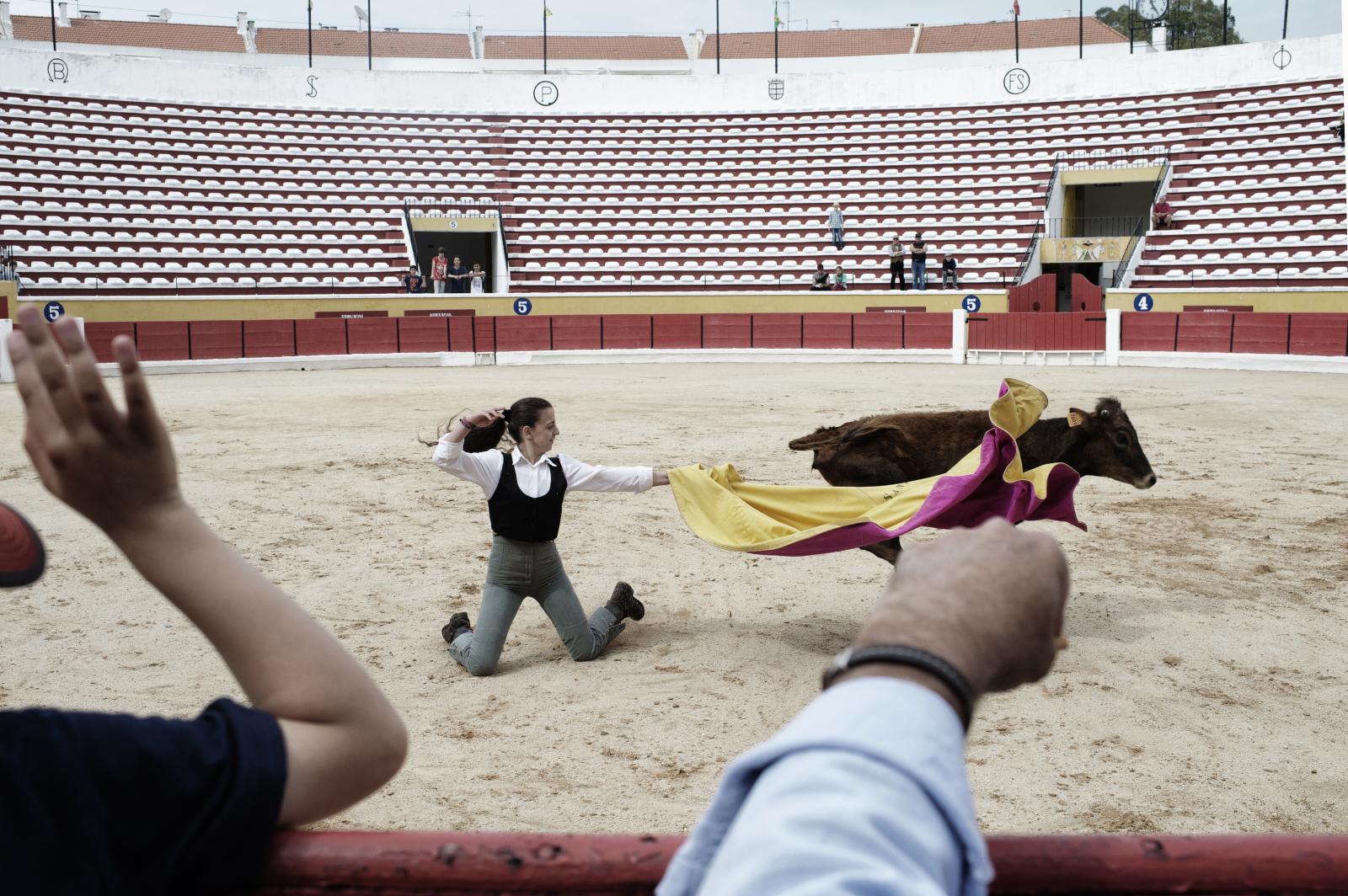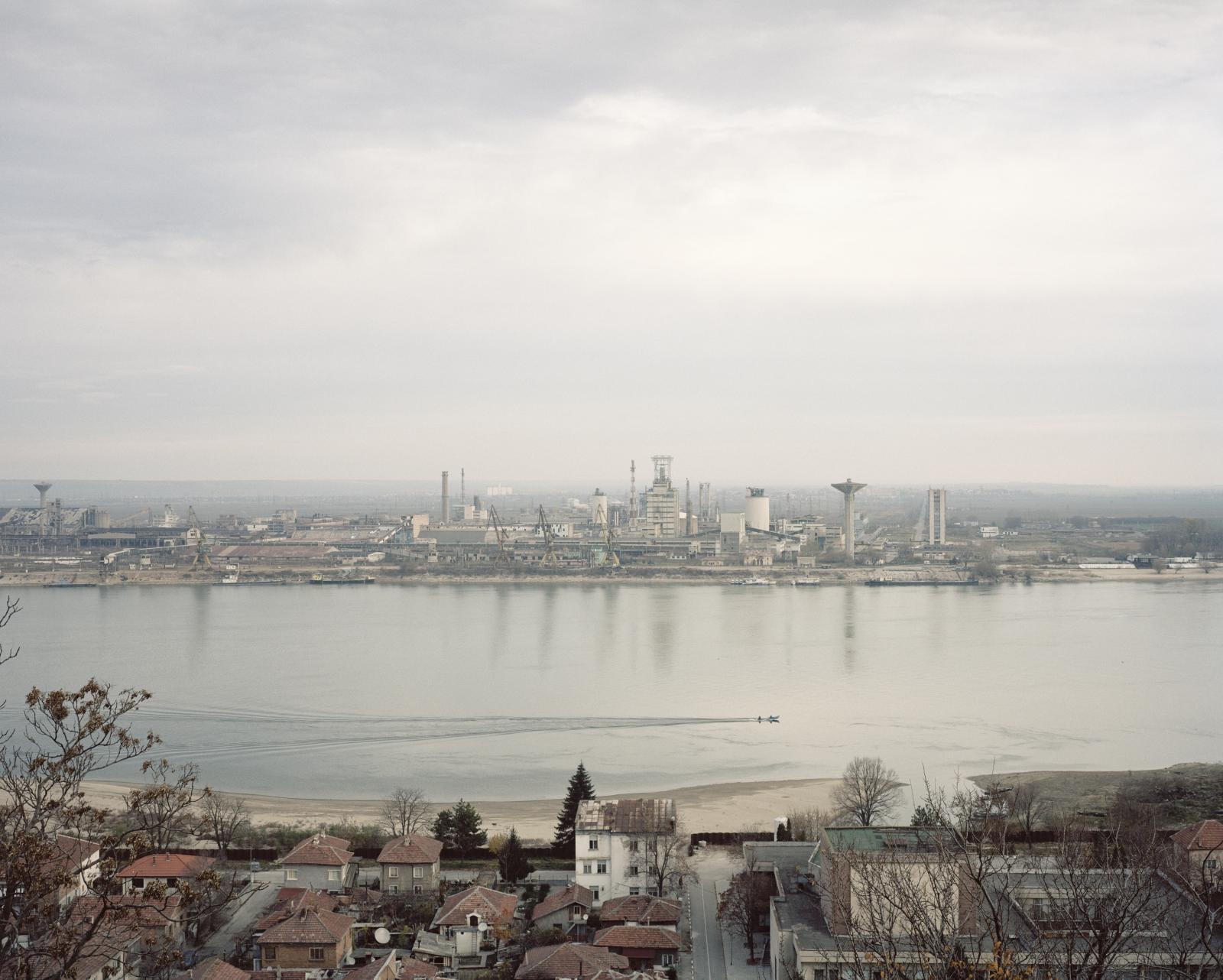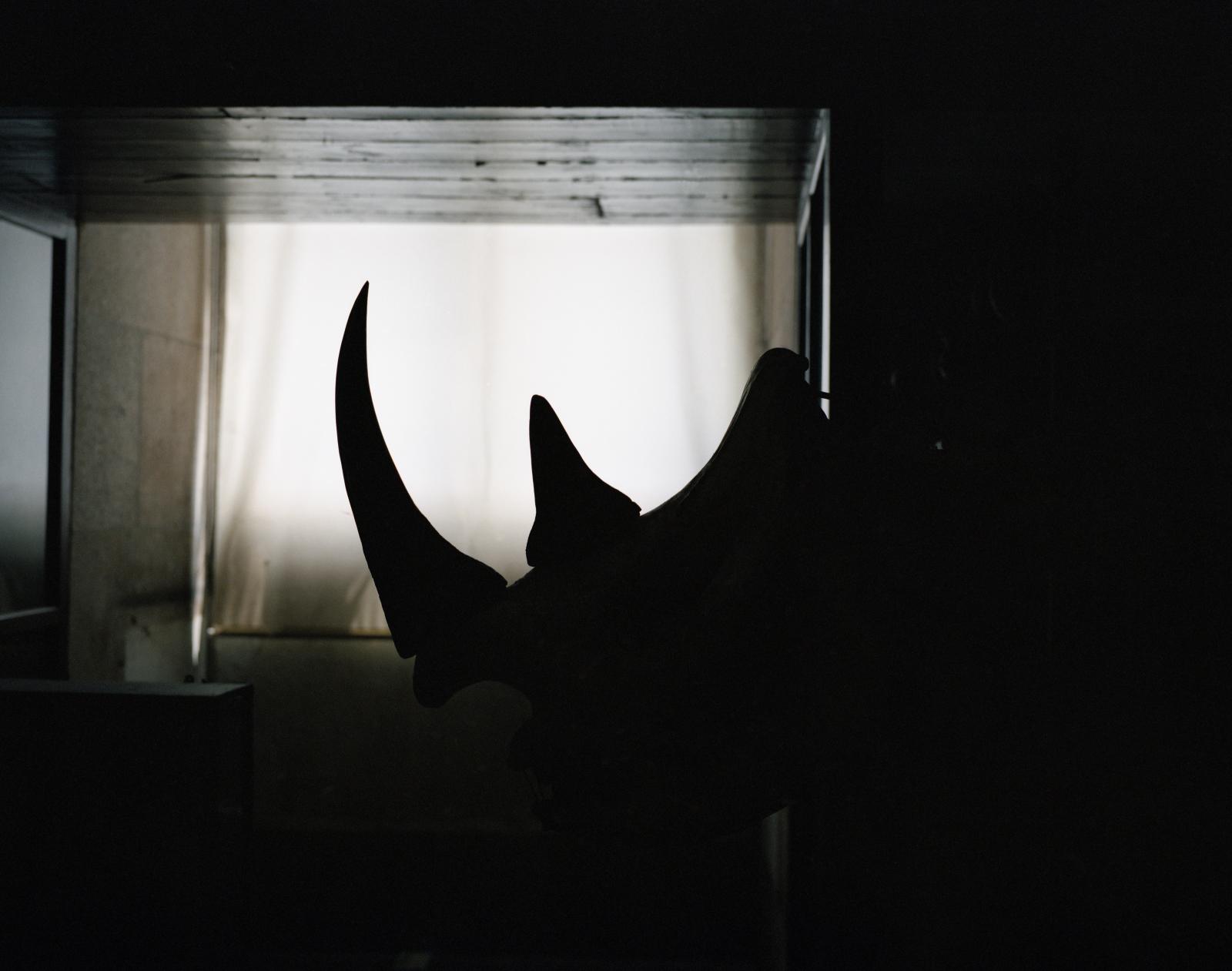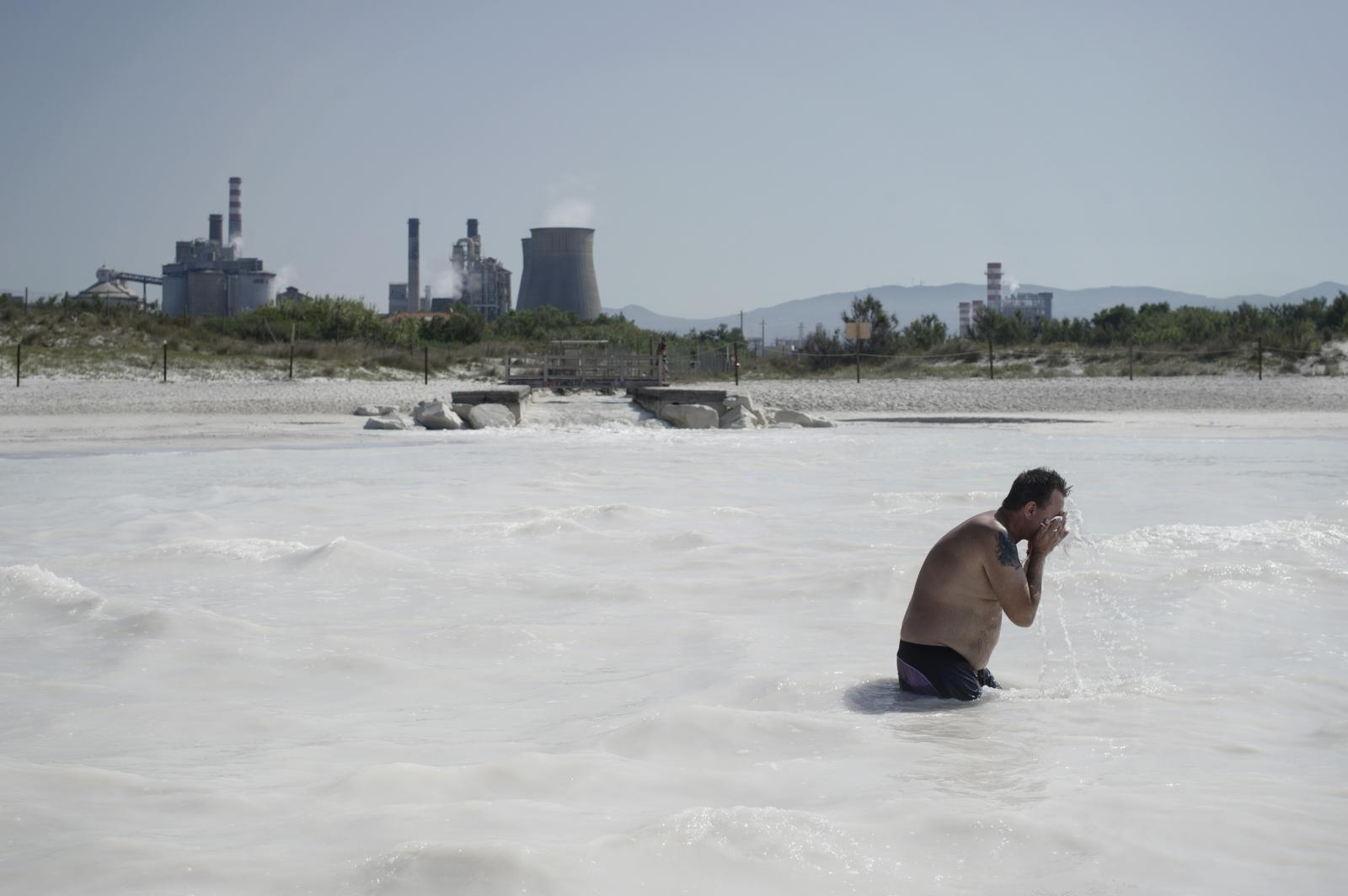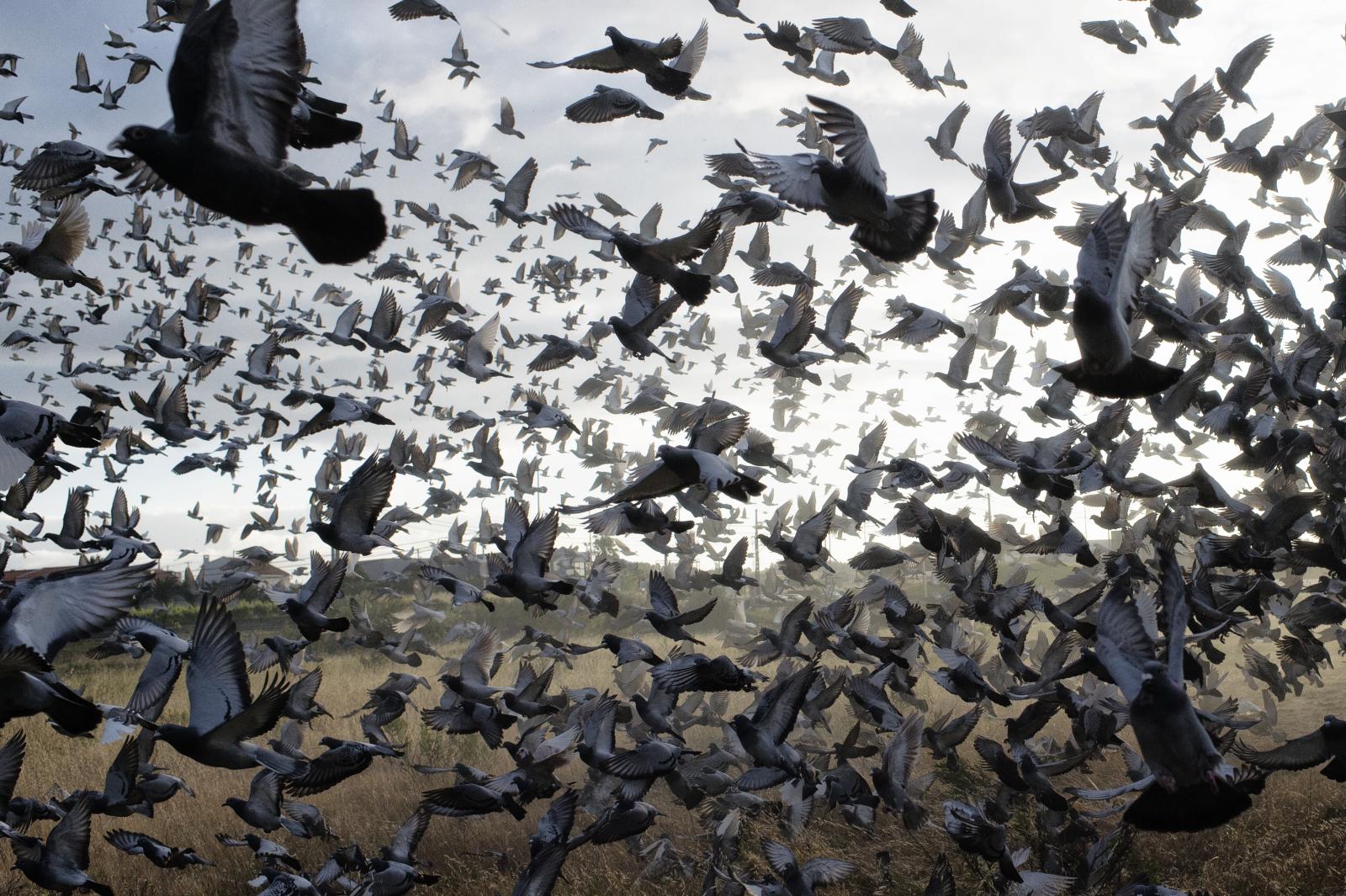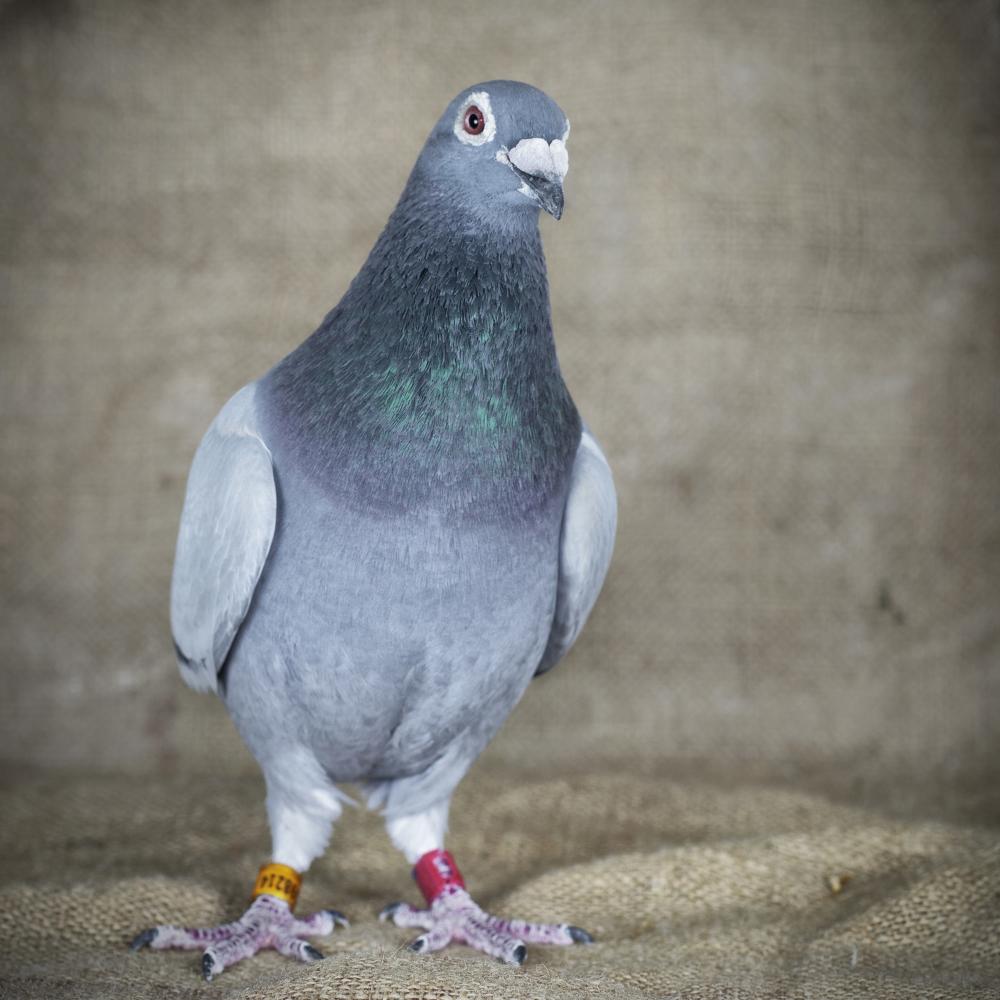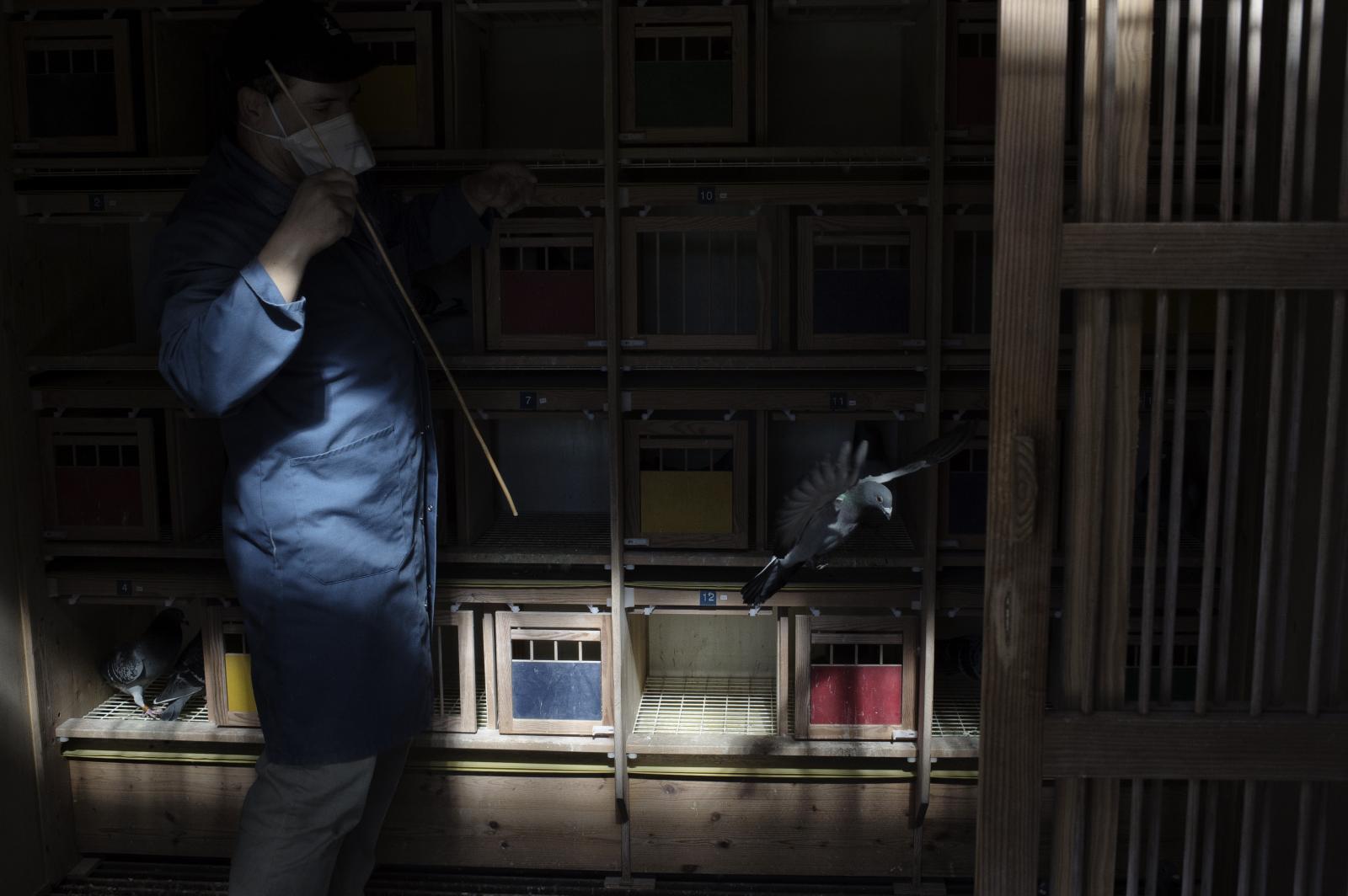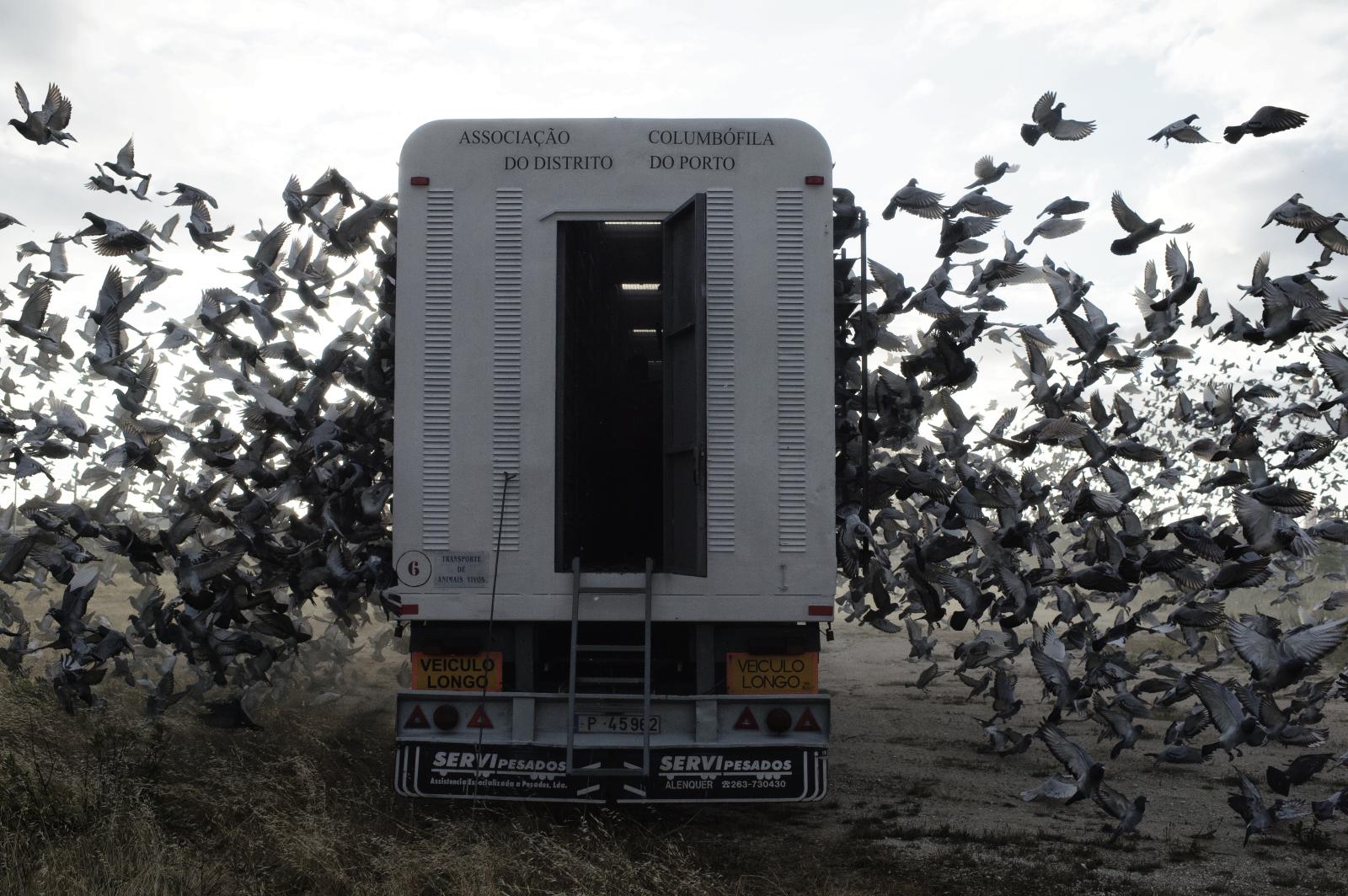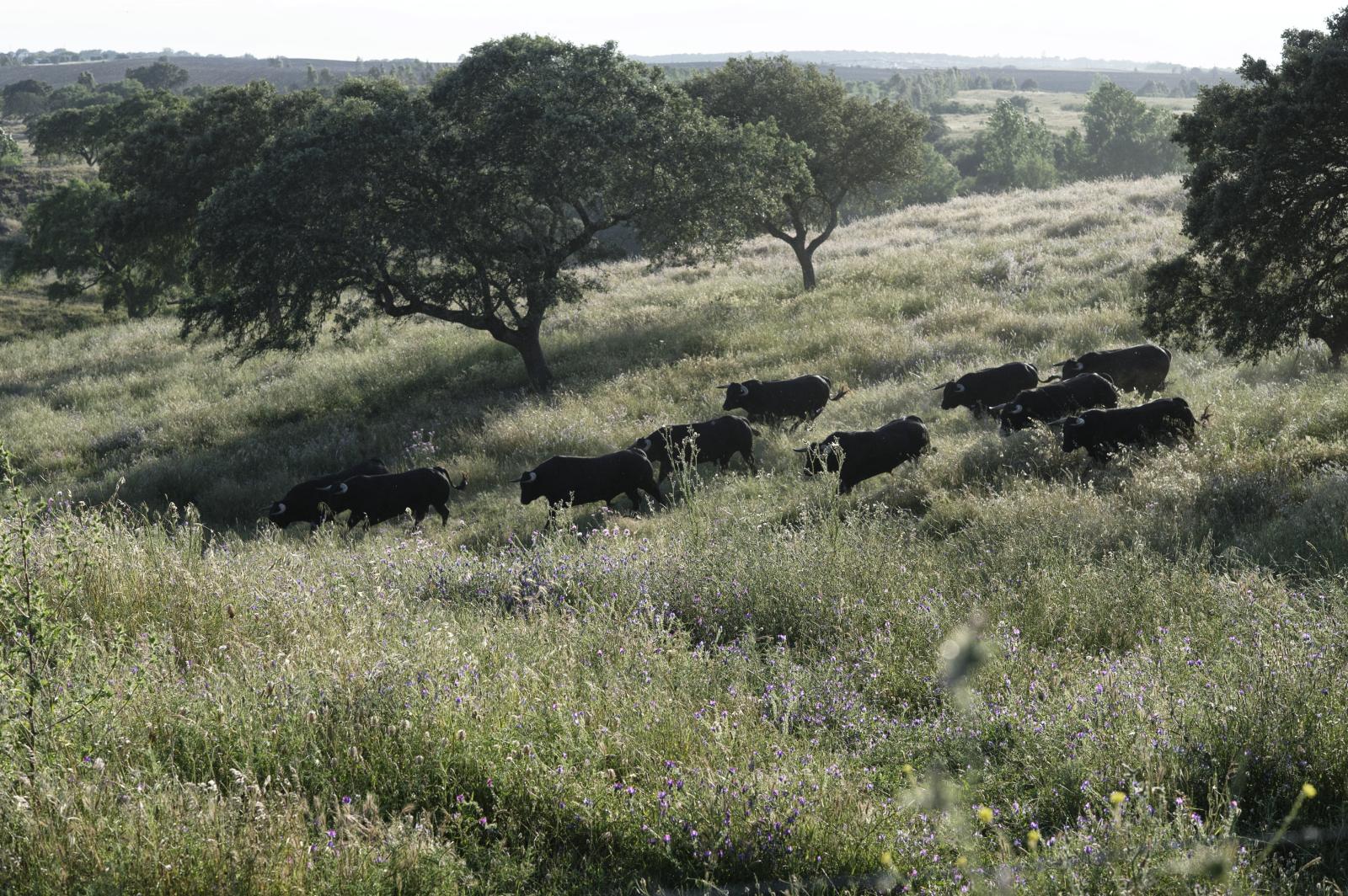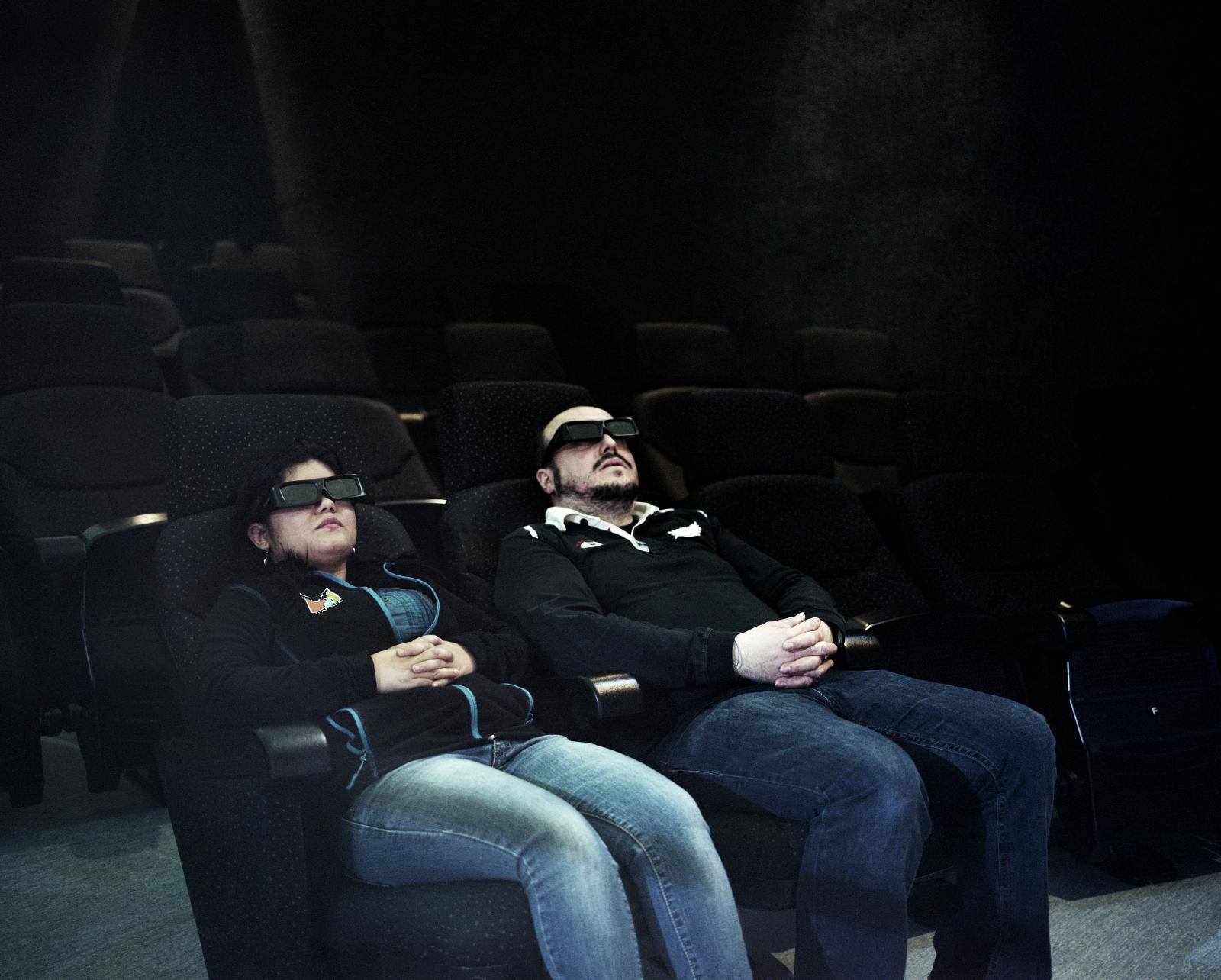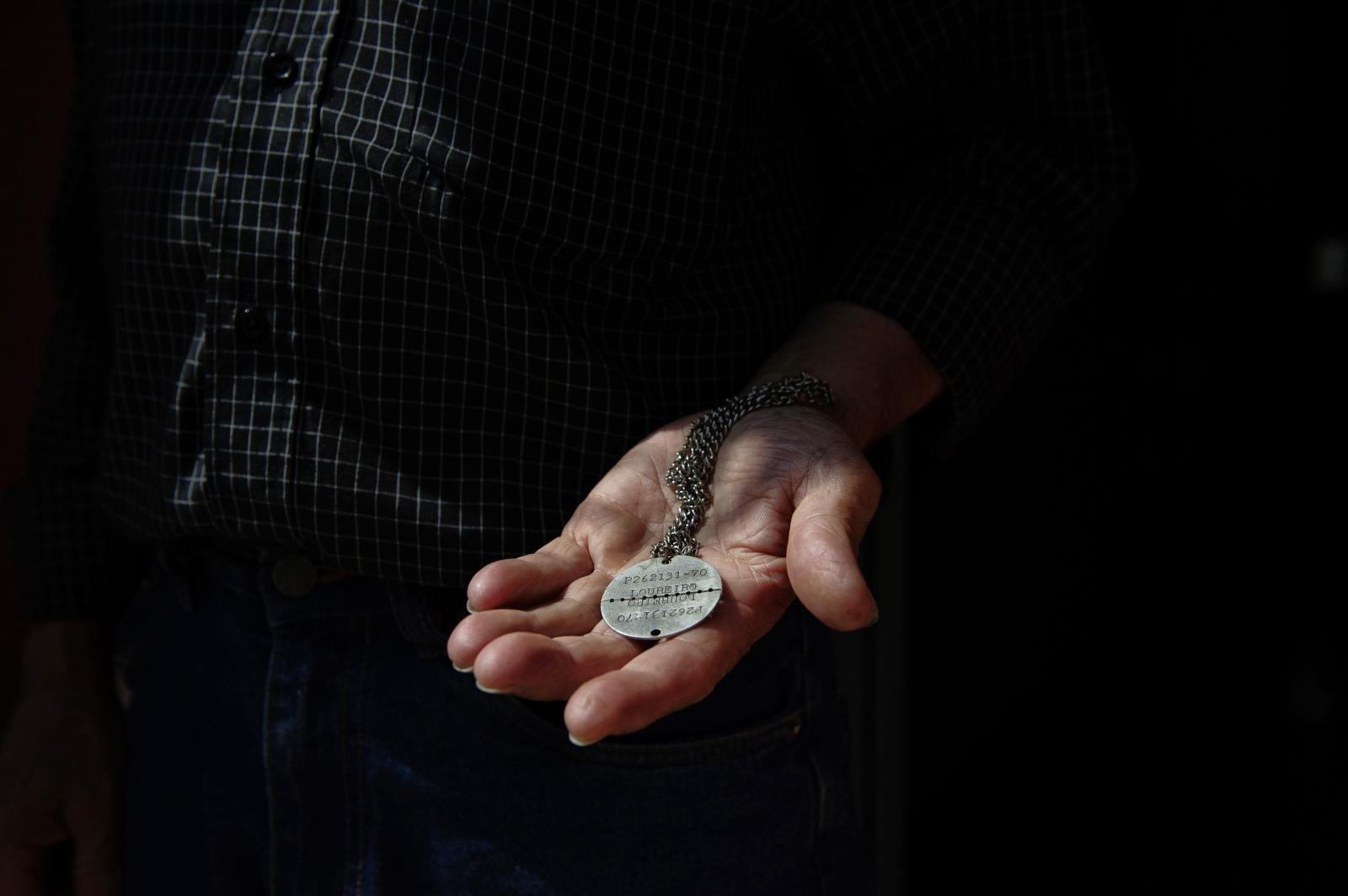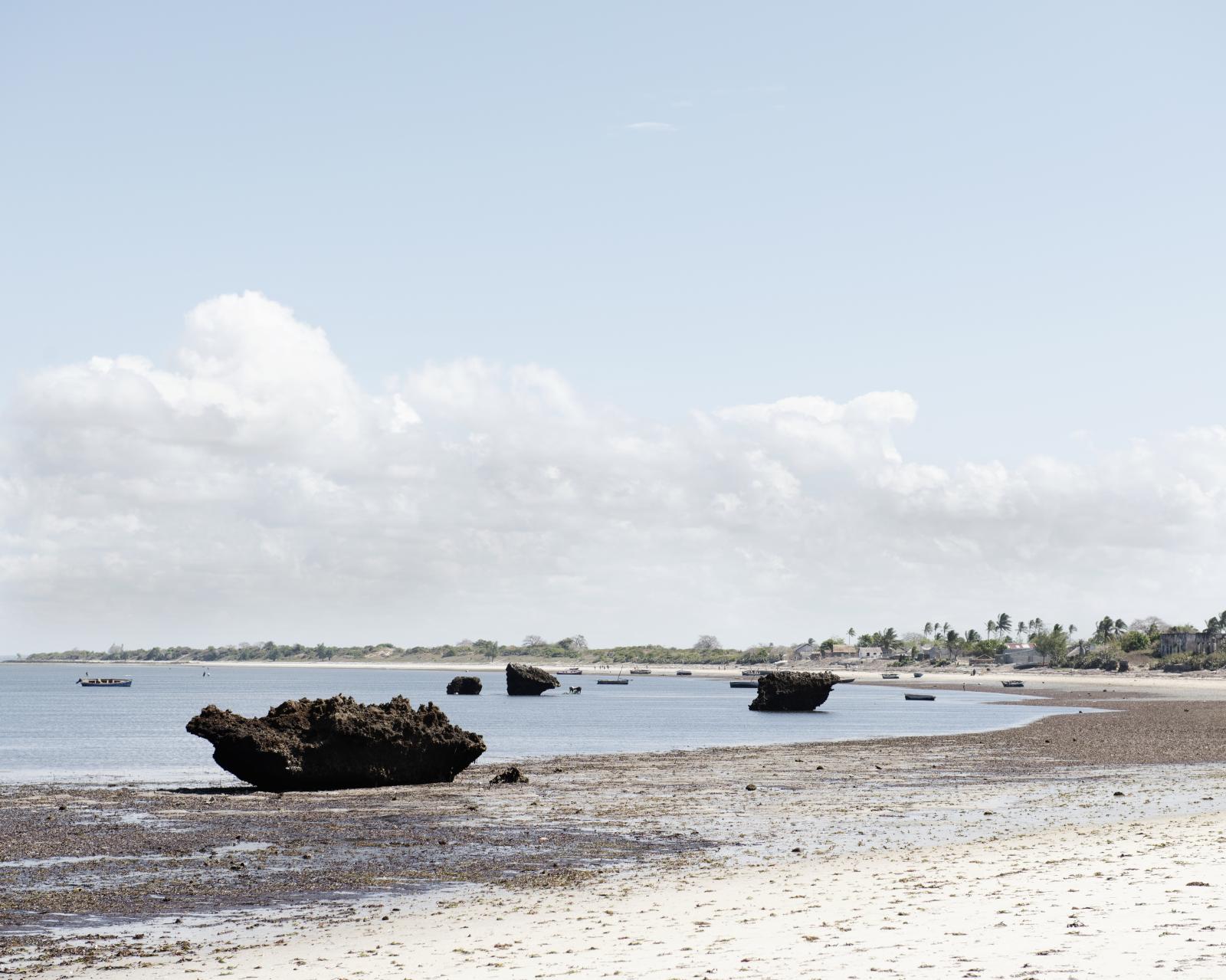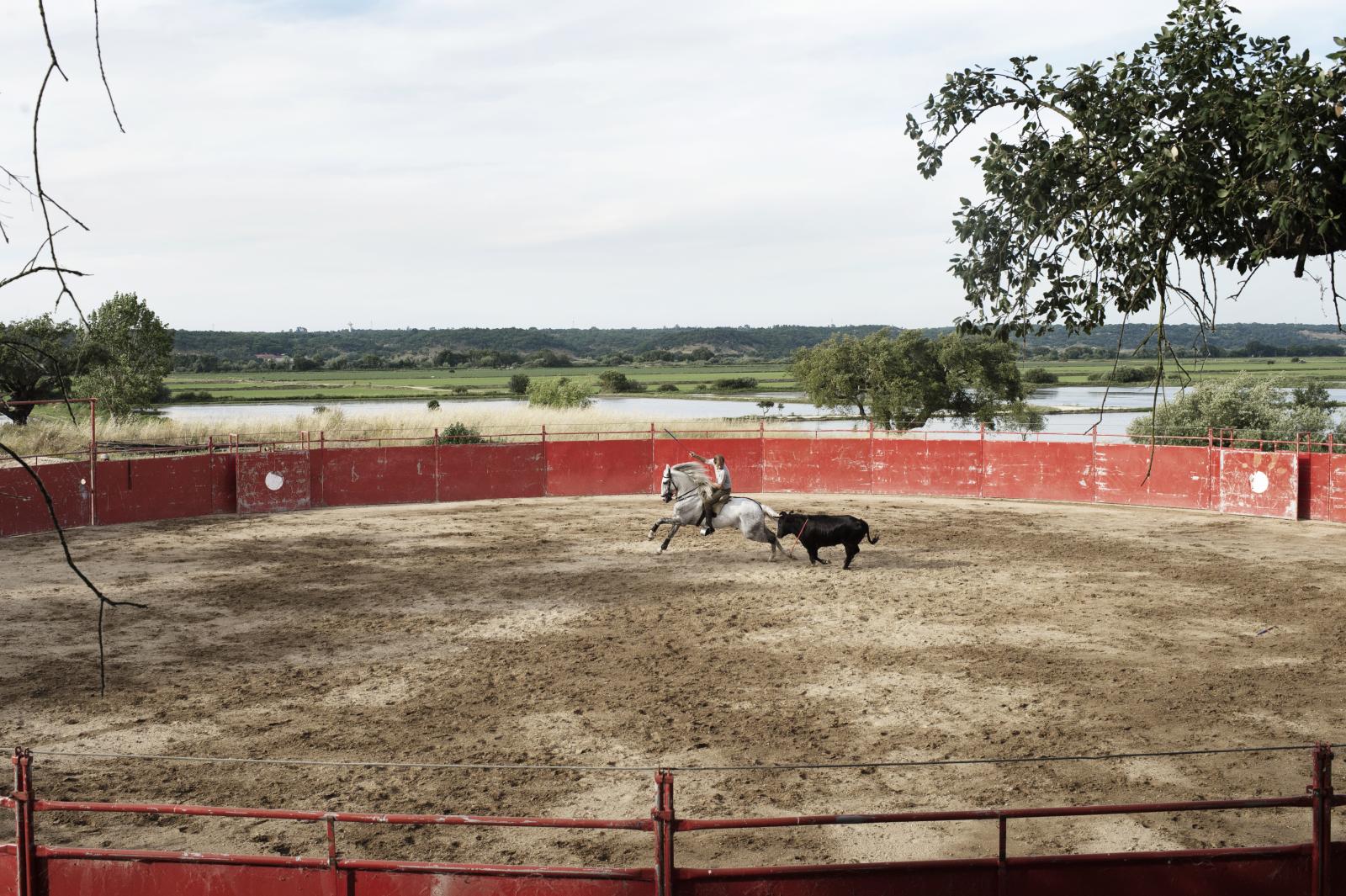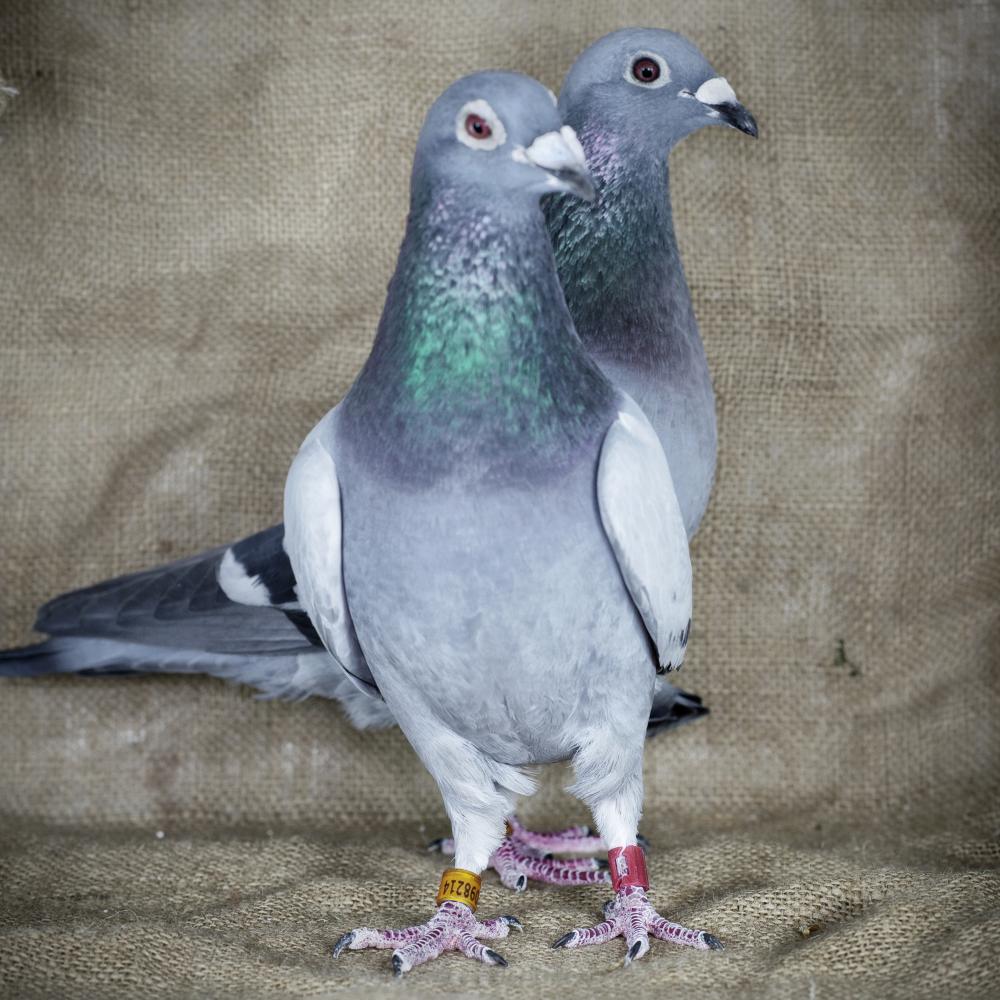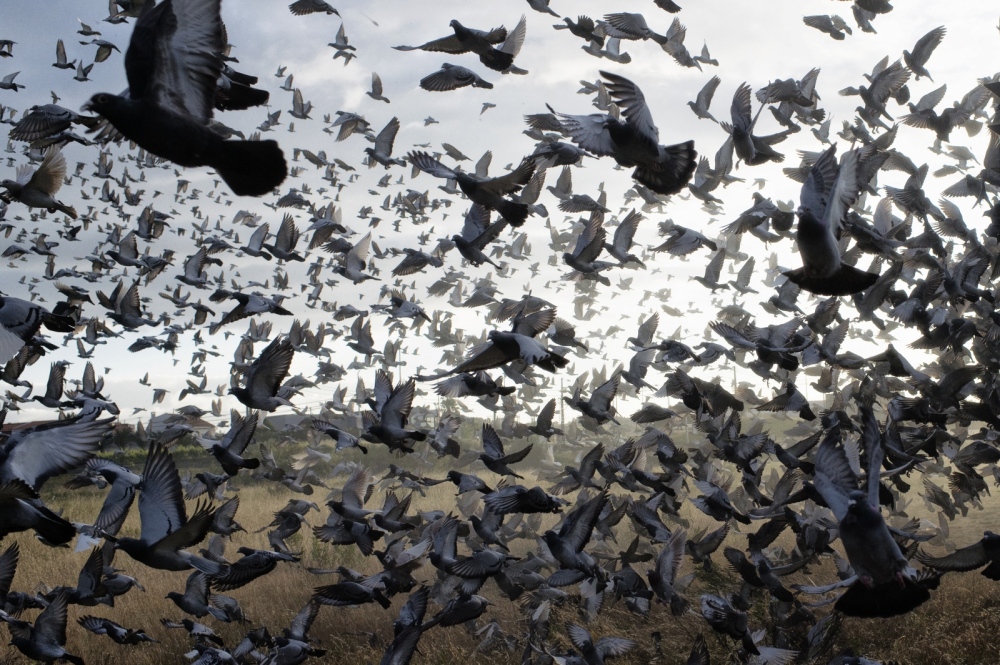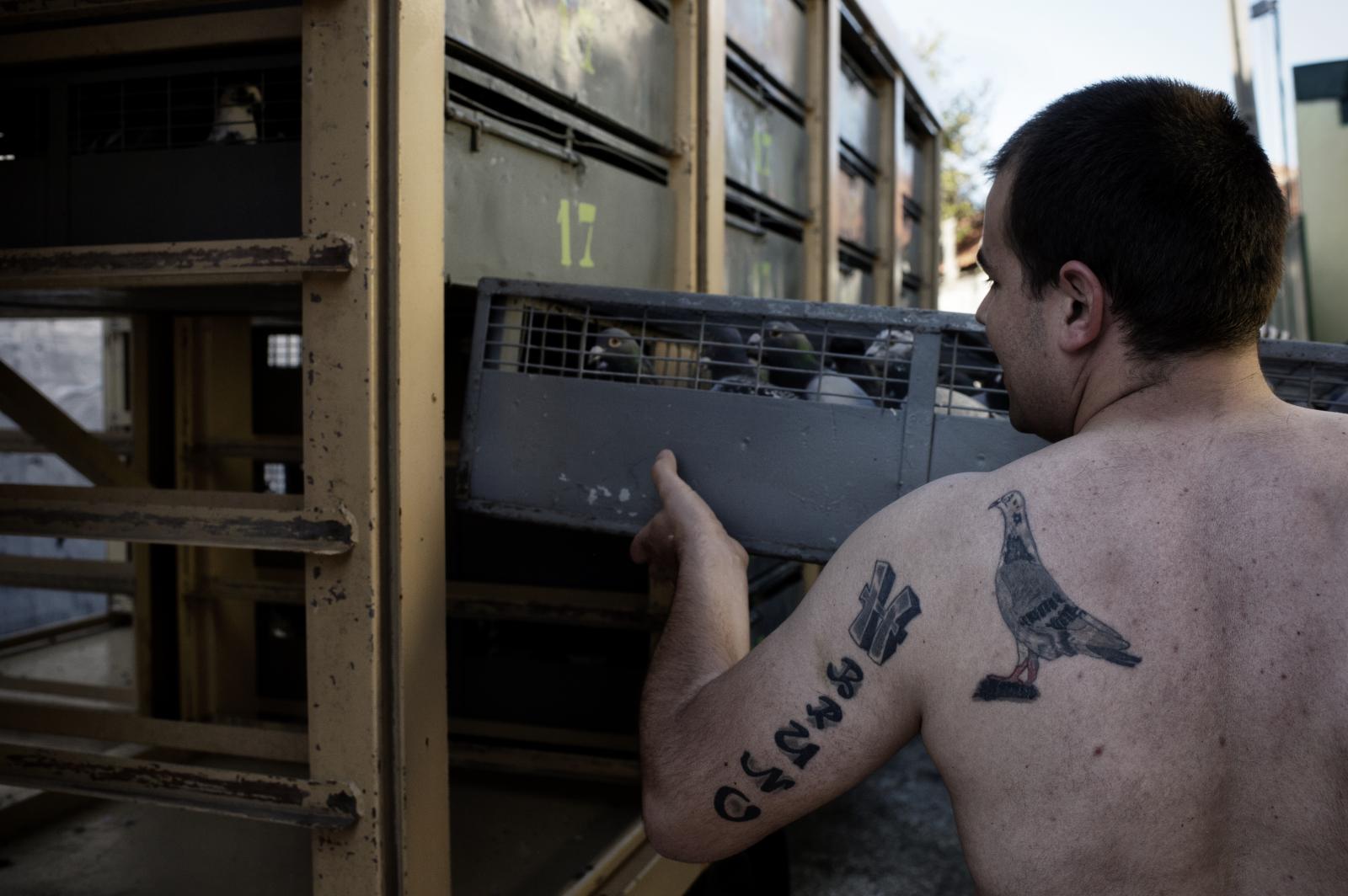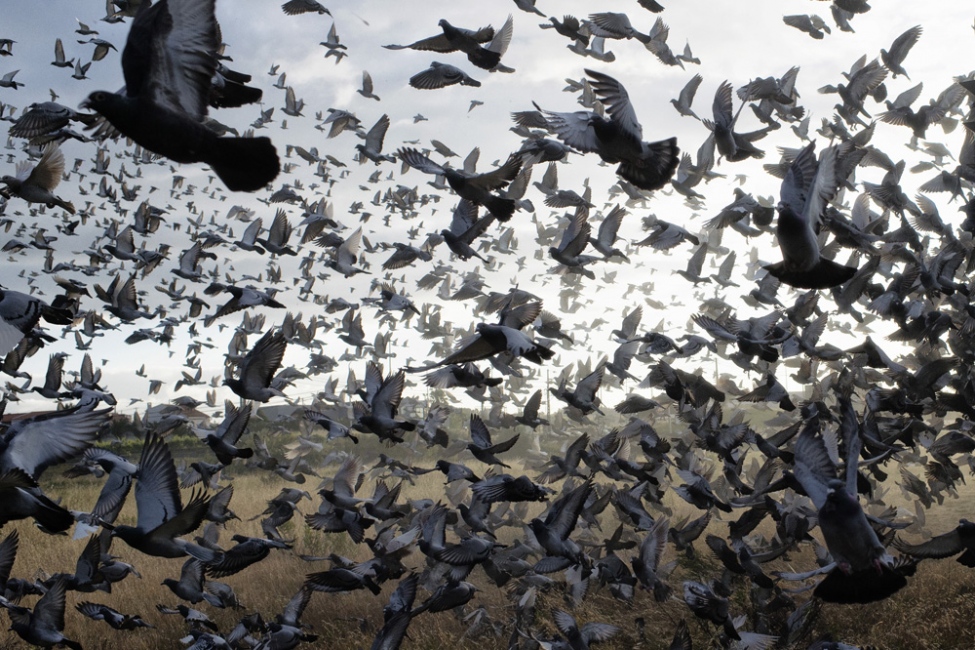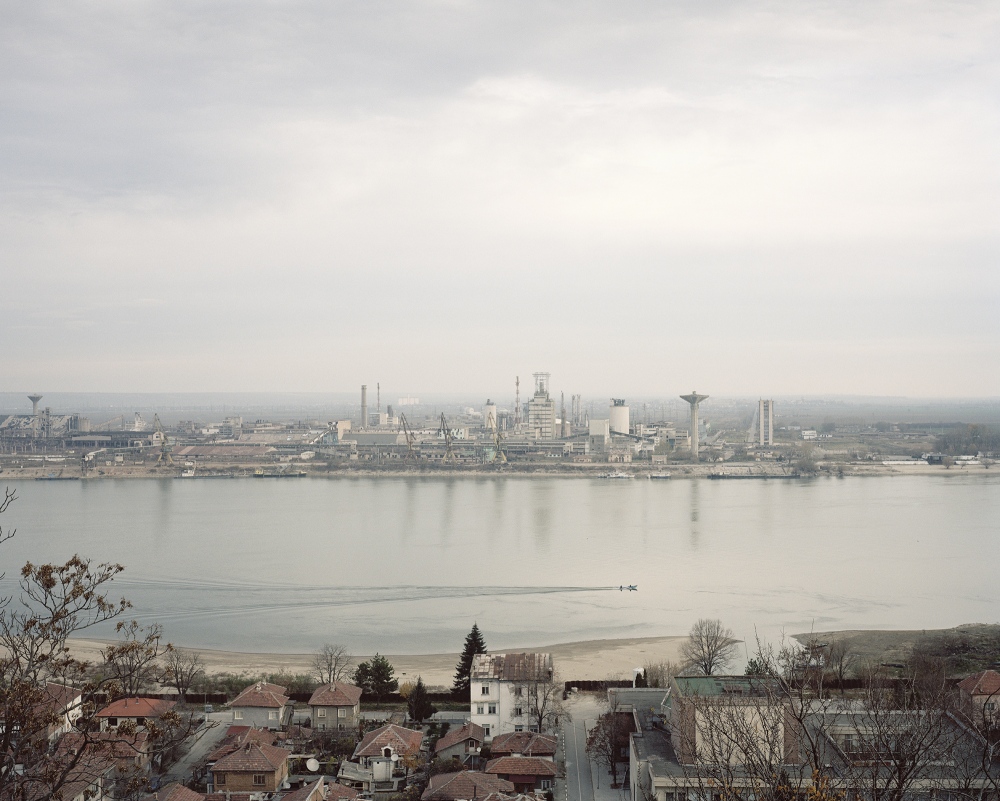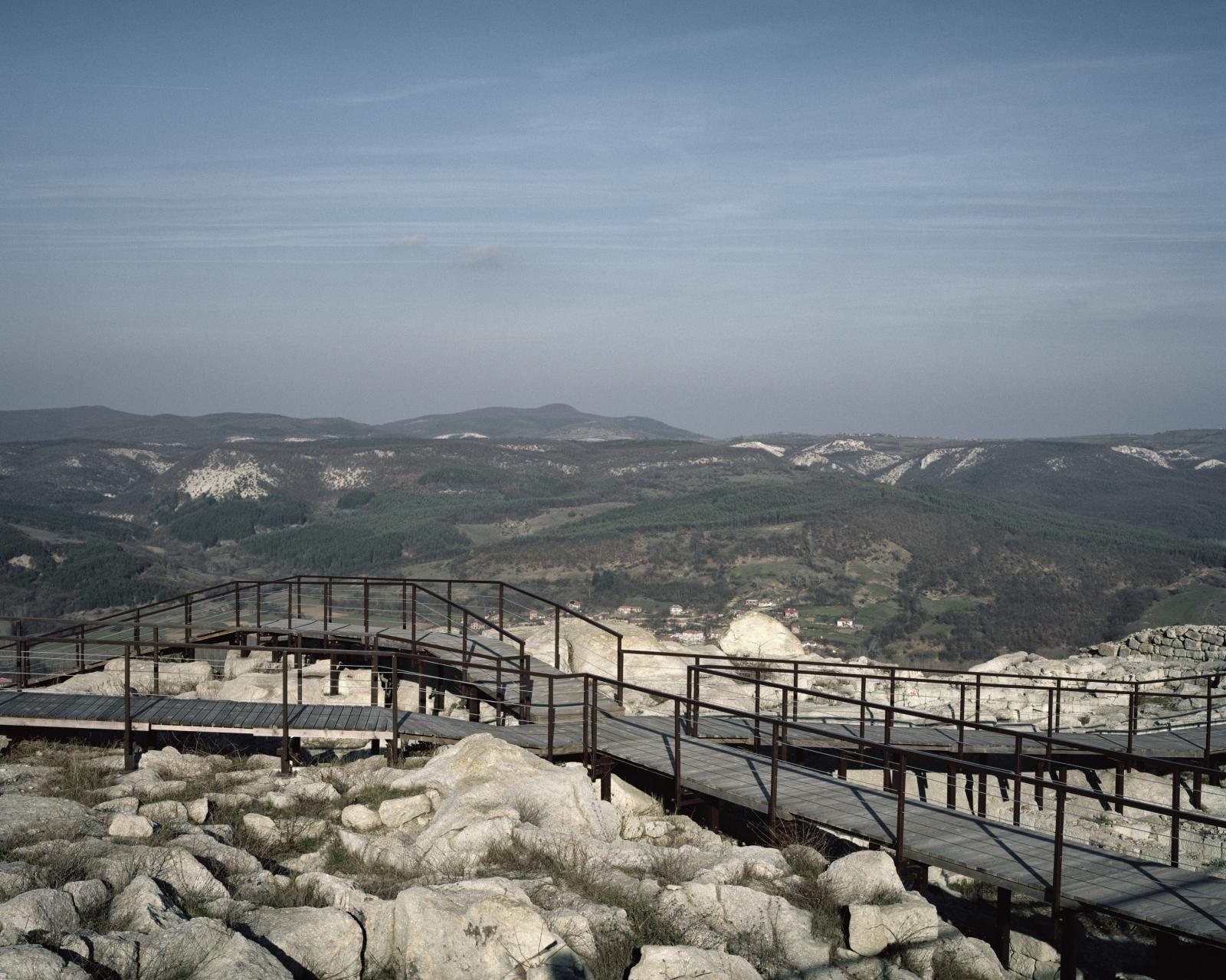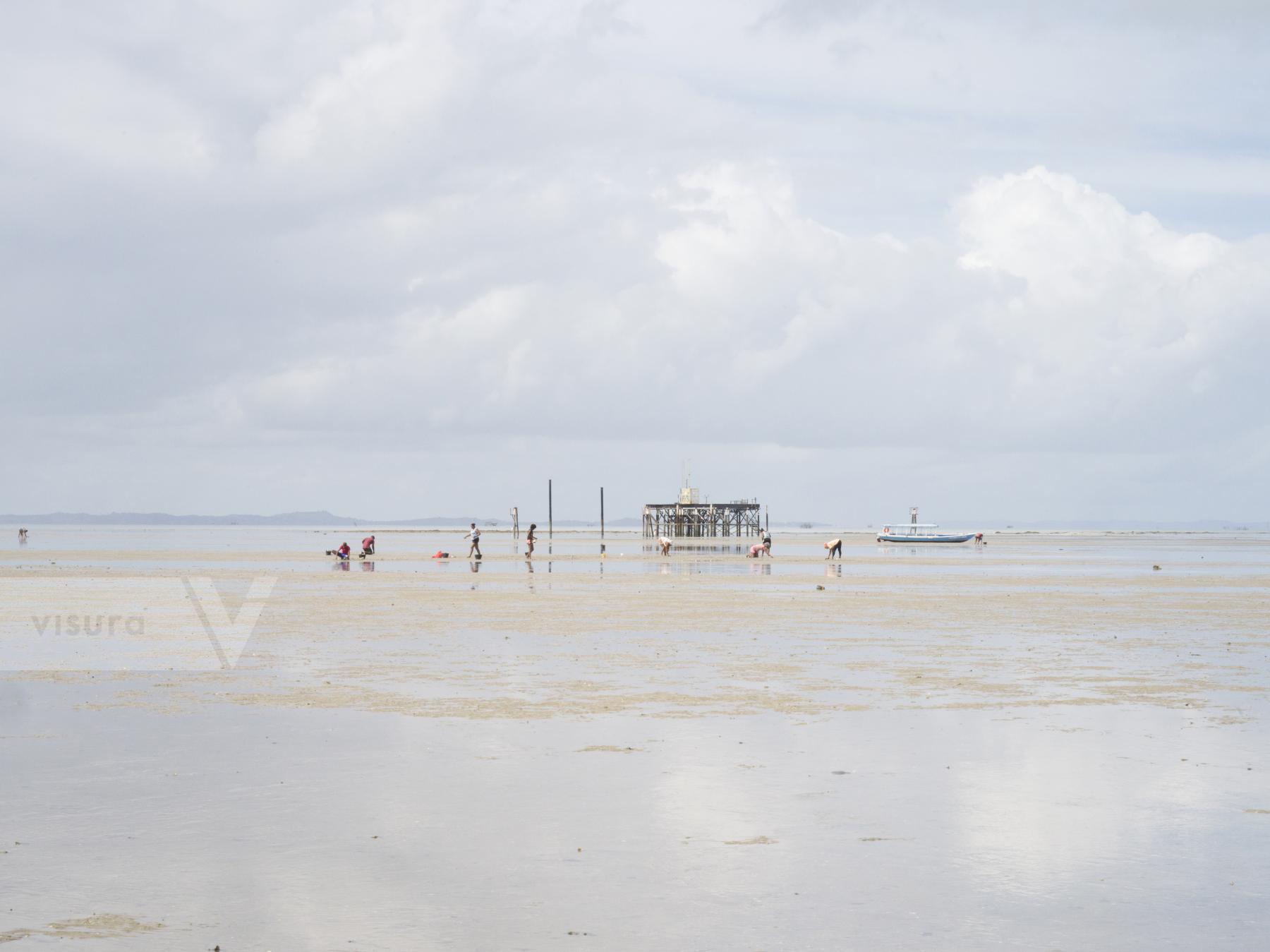
Ilha da Maré, Bahia. Shell collectors search for clams in front of an extration oil well. With an increase of the industrialisation, increased also the level of environmental pollution and environmental related incidents, like in 2008 when a Norwegian ship lost in the waters lubricant oil polluting all the nearby areas. The Bahia’s researcher Neuza Miranda carried on a study that demonstrated the high contamination of Cadmium and Lead coming from the local industries in the children of Ilha de Maré. Salvador Brazil
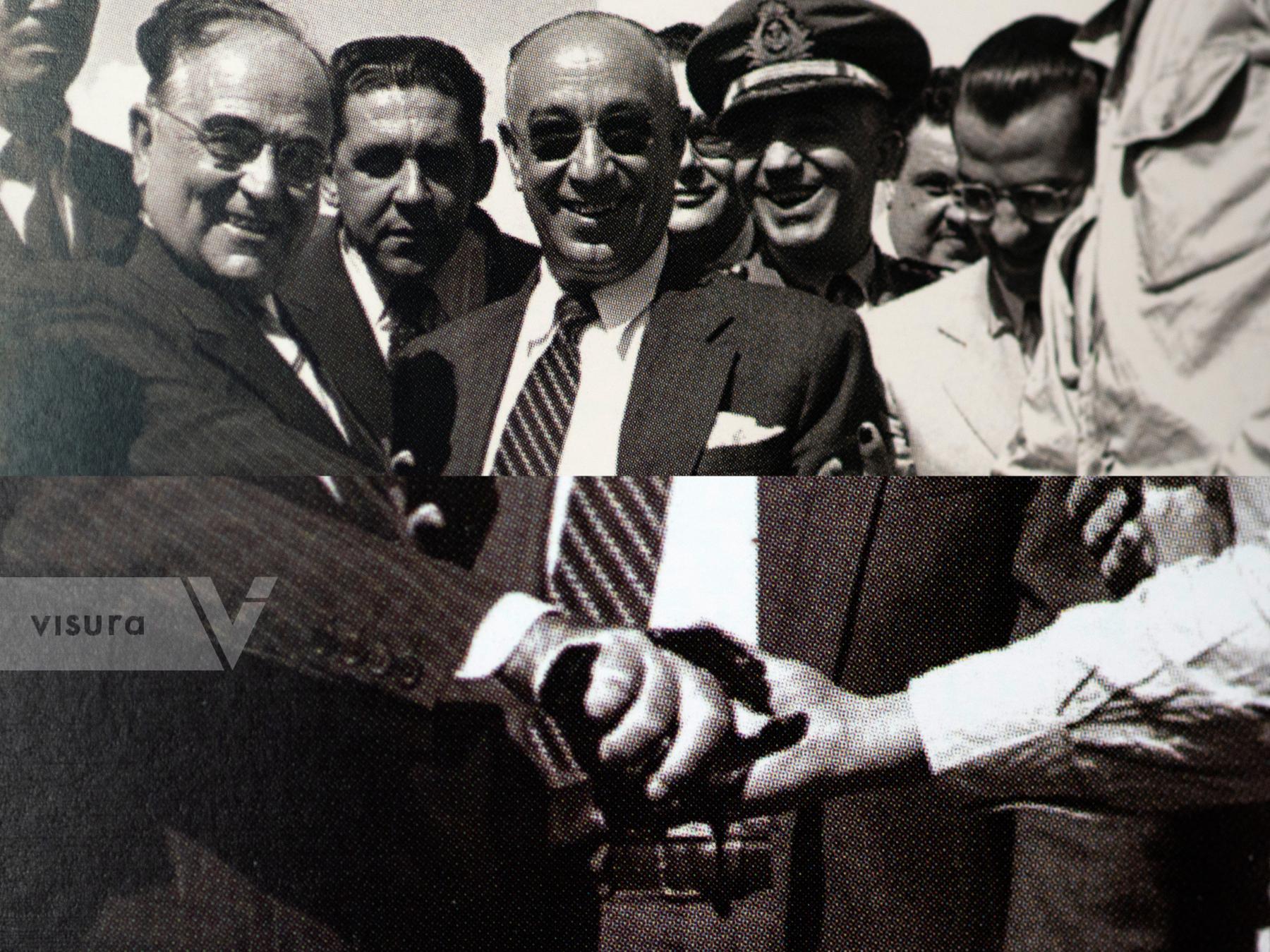
Candeias, 1950. A collage from an archival picture of Brazilian President Getulio Vargas at the opening of the construction works of the Landulpho Alves Refinery. The refinery is located in front of the Ilha da Maré and has been responsible of land-grabbing against the local communities that used the mangrove areas to retrieve shellfish, also the industrial complex contributed to the pollution of the waters of the bay. Salvador Brazil
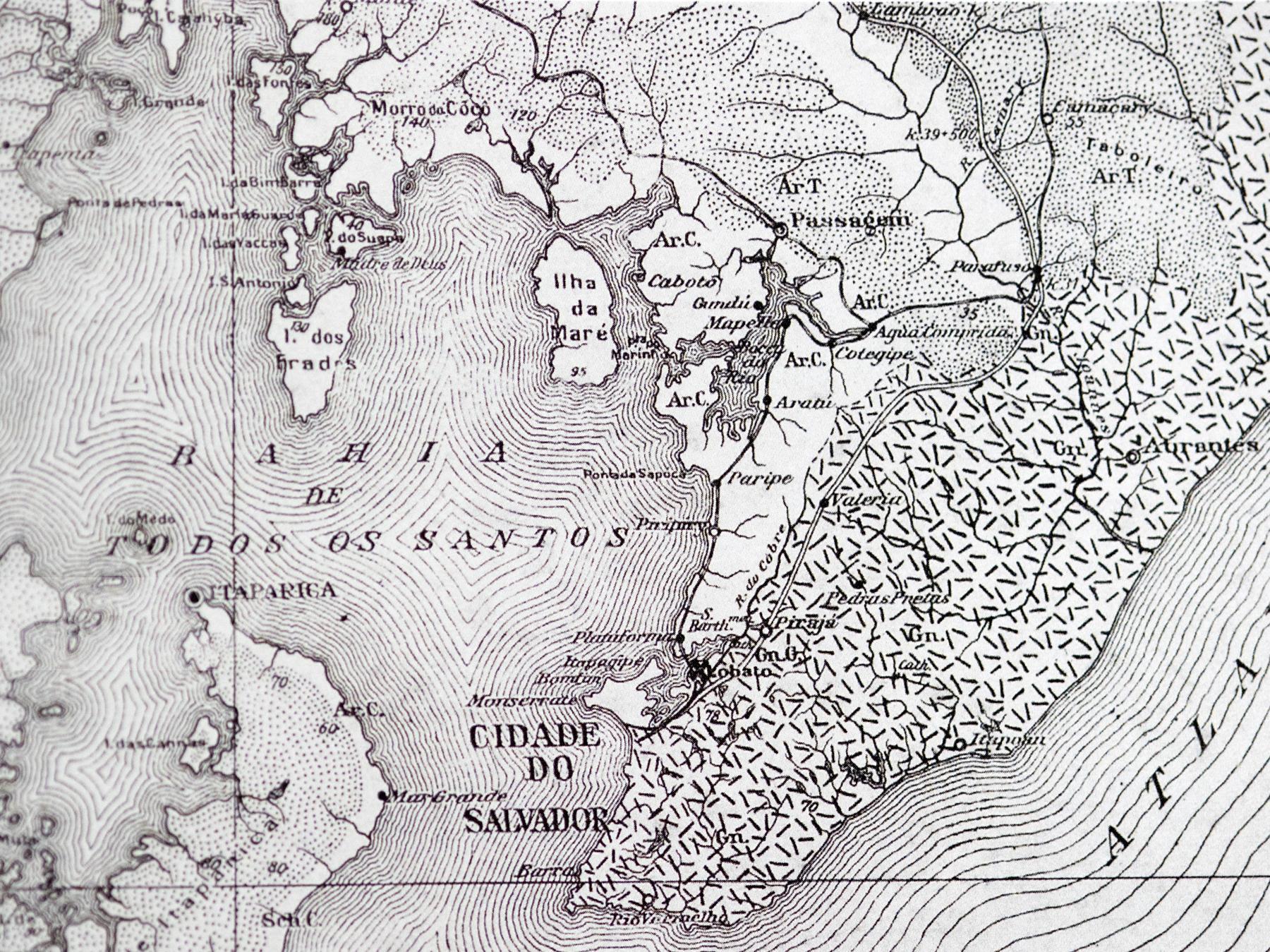
A detail of an historical map of the Todos os Santos Bay Salvador Brazil
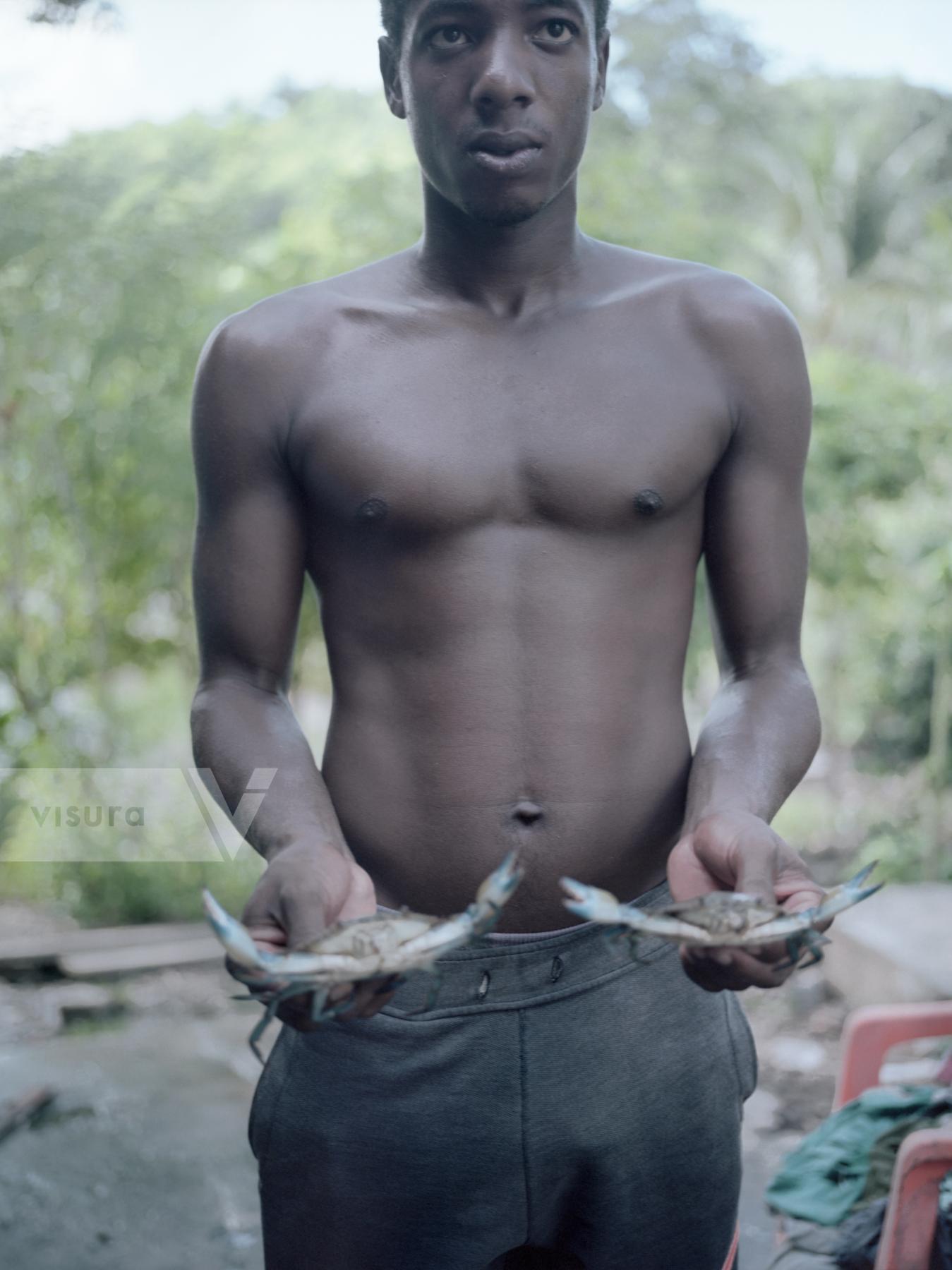
Ilha da Maré, Bahia. Diego, the son of the activist Eliete Paraguassu, shows 2 fished crabs, the main product sold by the Quilombolas. The Ilha da Mare is the home of several Quilombola’s communities that live of fishing. The waters where they fish are polluted with petrochemical residues and other chemical components. On the land of the island is possible to spot places where the oil come out from the ground. Most of the activists of the Island are women and they carry on the unity of the community and the fight for their basic rights. Salvador Brazil
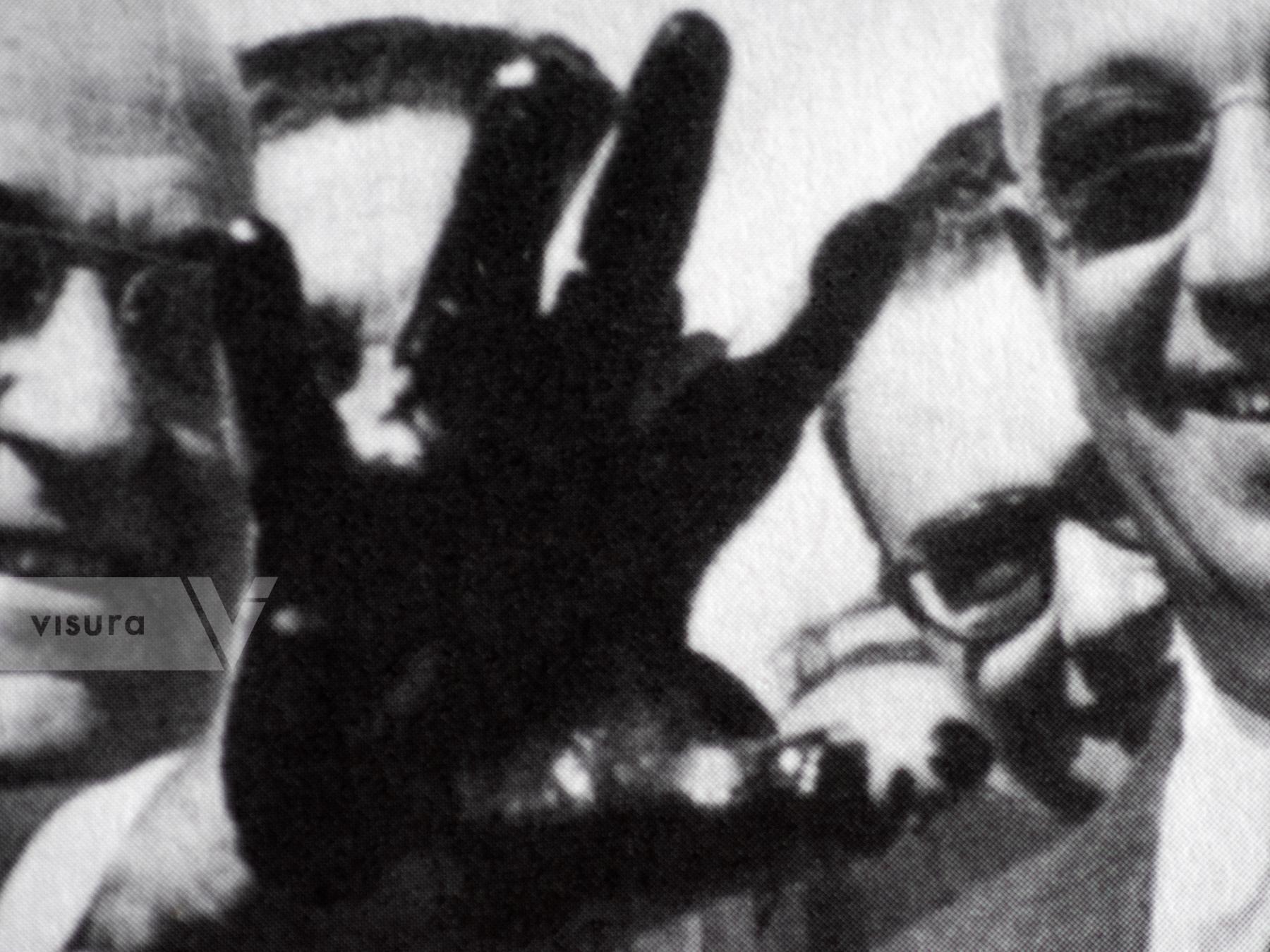
Candeias, 1950. A detail from an archival picture of Brazilian President Getulio Vargas showing a hand stained with oil at the opening of the construction works of the Landulpho Alves Refinery. The refinery is located in front of the Ilha da Maré and has been responsible of land-grabbing against the local communities that used the mangrove areas to retrieve shellfish, also the industrial complex contributed to the pollution of the waters of the bay. Salvador Brazil
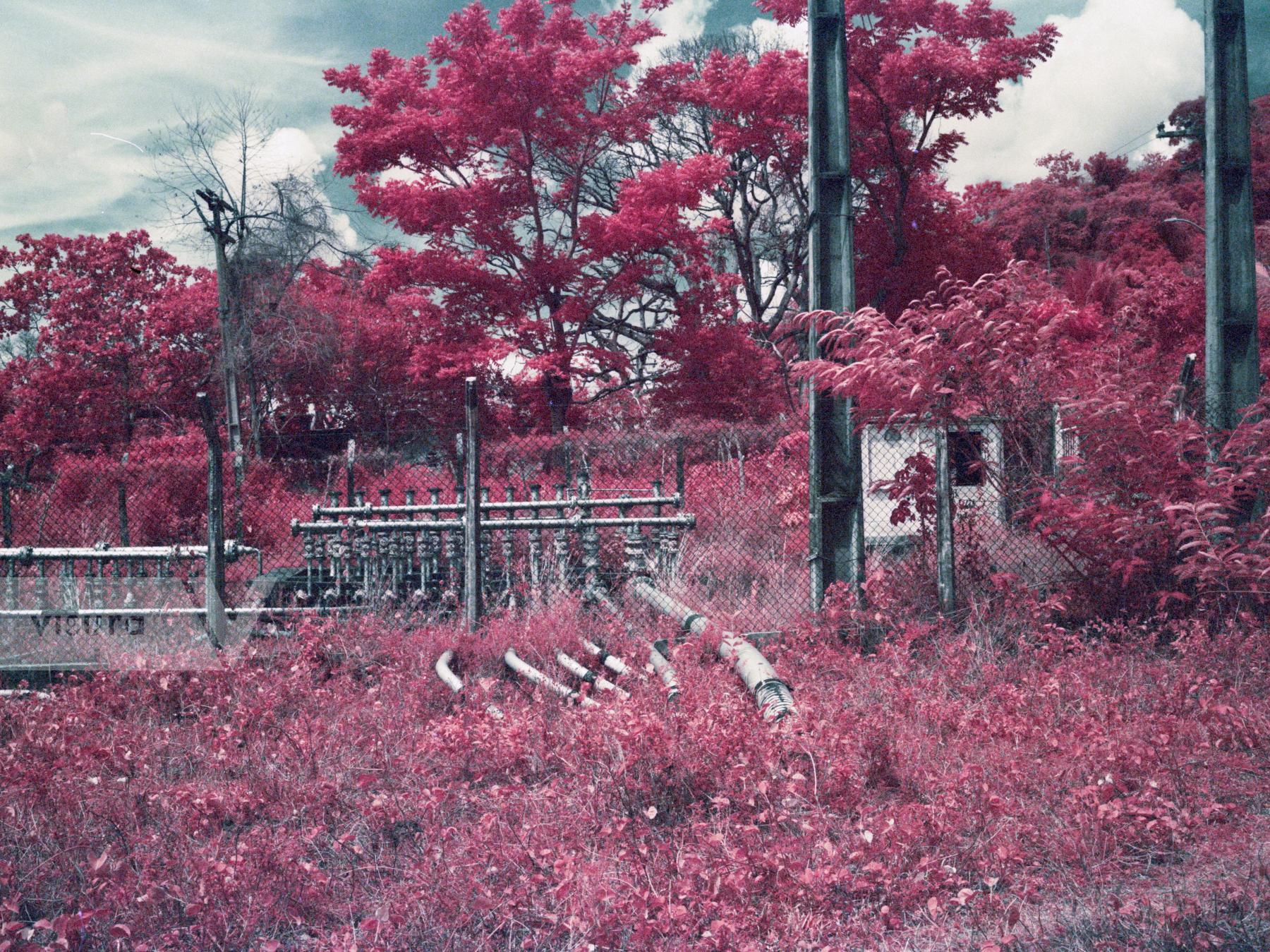
Ilha da Maré. Infrared color image of an oil well located on the Island. Salvador Brazil
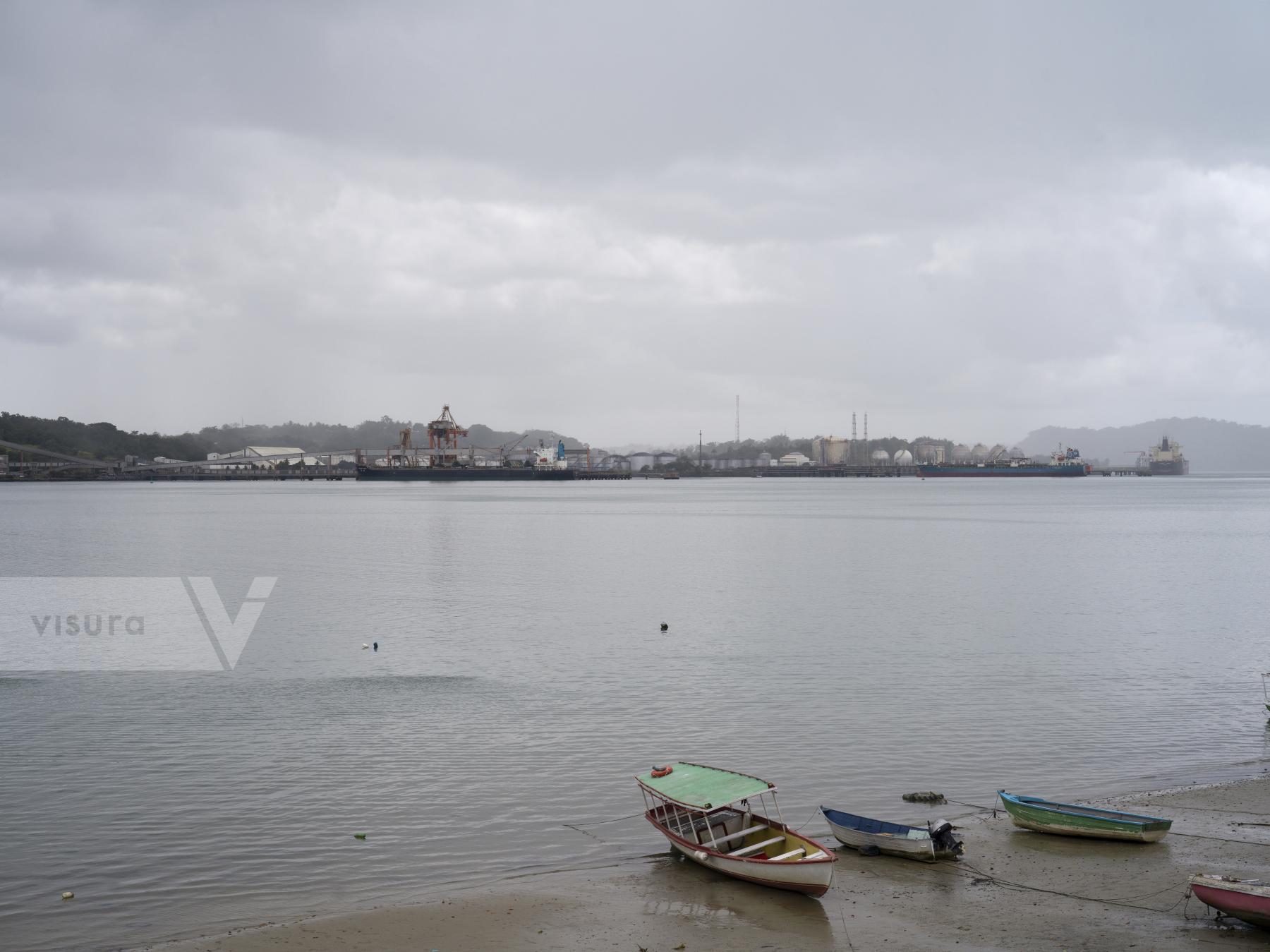
Ilha da Maré. A view of the Aratu Port from the Ilha da Maré. The Aratu-Candeias Port that is responsible for the 60% of the cargo ship travelling from and to the Bahia State. With an increase of the industrialisation, increased also the level of environmental pollution and environmental related incidents, like in 2008when a Norwegian ship lost in the waters lubricant oil polluting all the nearby areas. Salvador Brazil
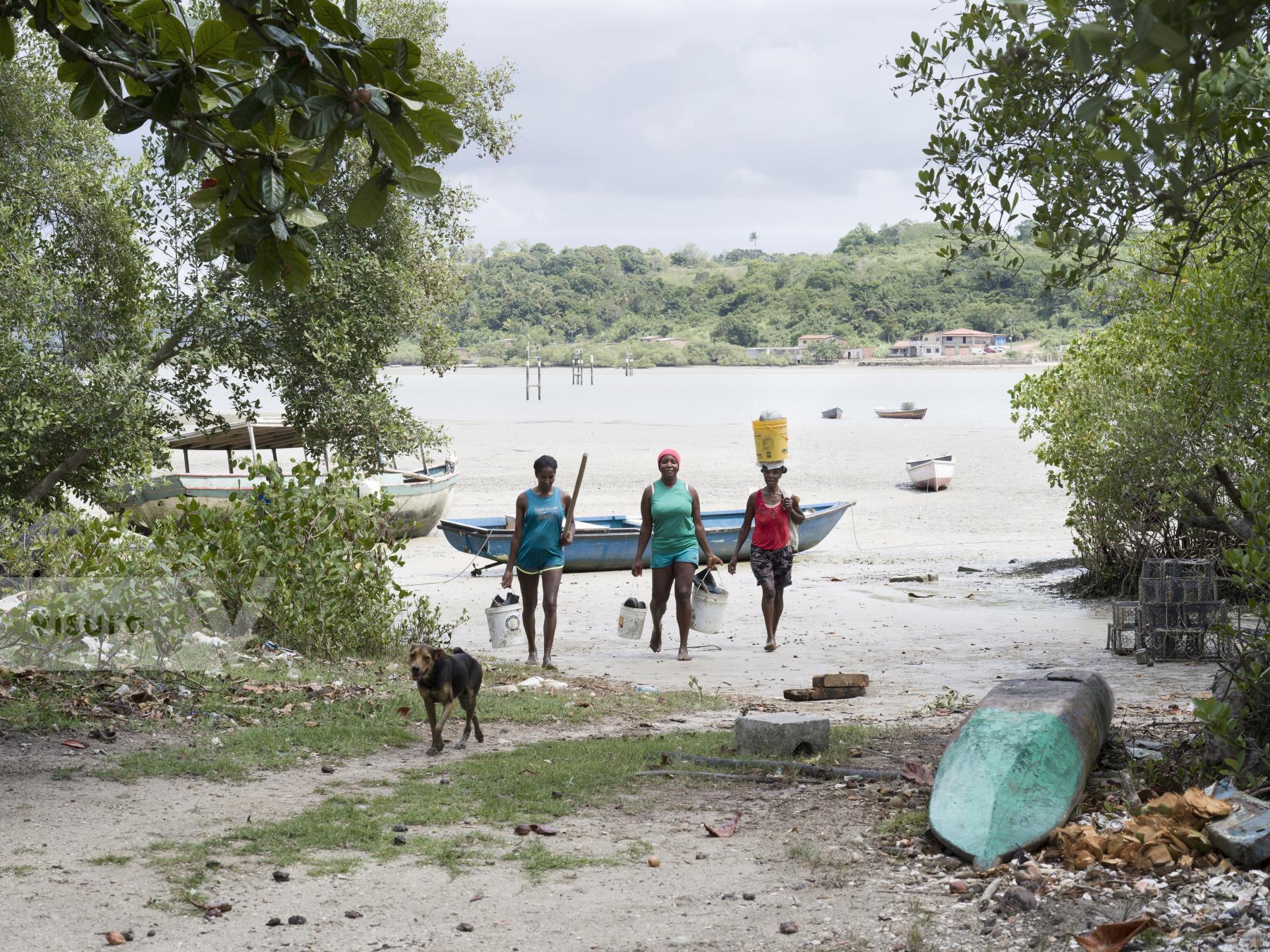
Ilha Da Maré. Shellfish catchers coming back from the crab hunting in the mangrove fields surrounding the island. The Bahia’s researcher Neuza Miranda carried on a study that demonstrated the high contamination of Cadmium and Lead coming from the local industries in the children of Ilha de Maré. Salvador Brazil
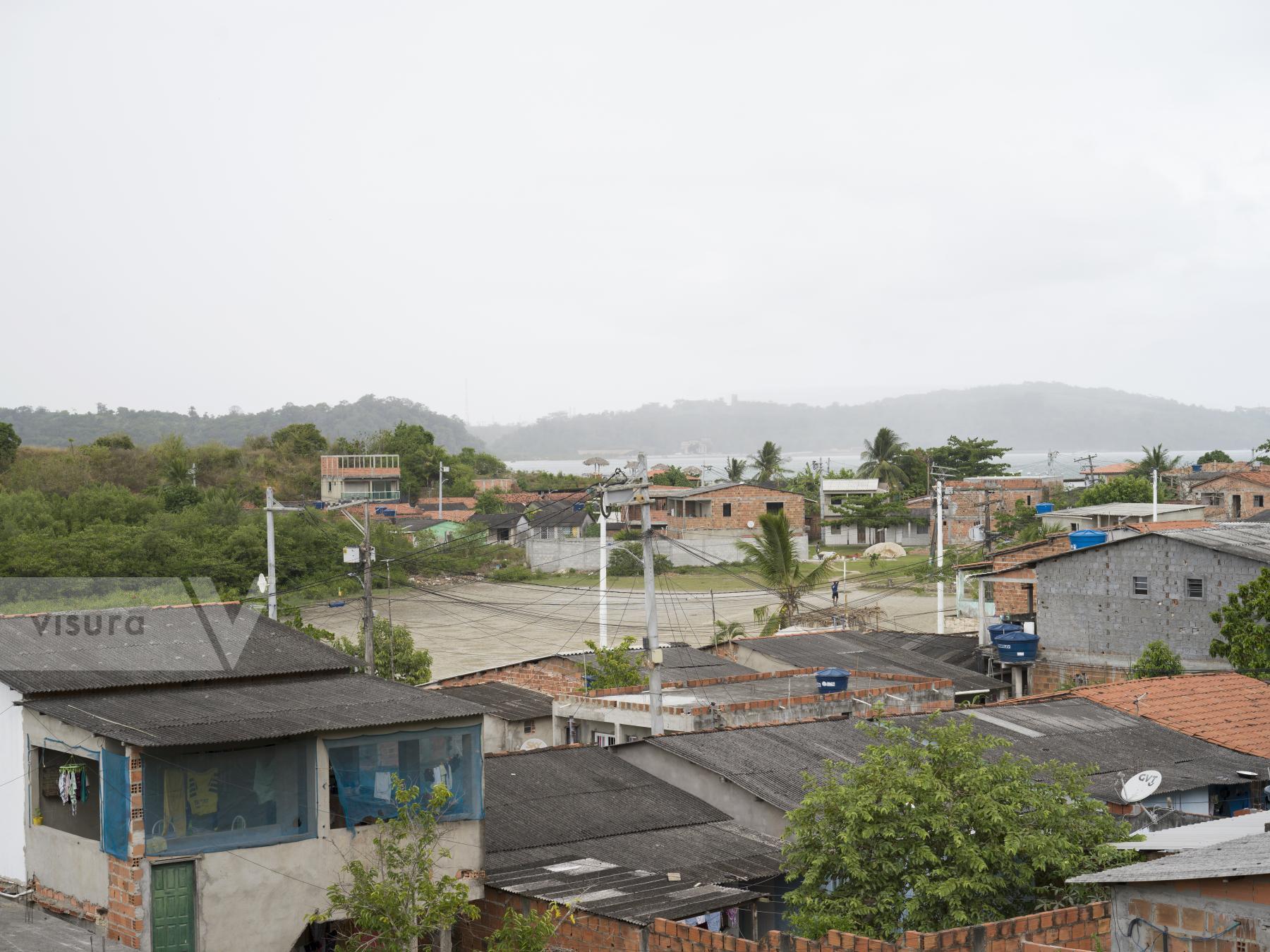
Ilha de Maré. A view of the community of Bananeira, one of the communities belonging to the Quilombo of Ilha de Maré. The Quilombos are Brazilian settlement founded by people of African origin; most of the founders of these communities were escaped slaves. Despite the community of the Ilha de Maré's Quilombo tried to established a dialogue with the Institutions and the Companies to improve the environmental situation, very little has been done to decrease the pollution level or the factors that affect the Community of Ilha de Mare making them suffer of environmental racism. Salvador Brazil
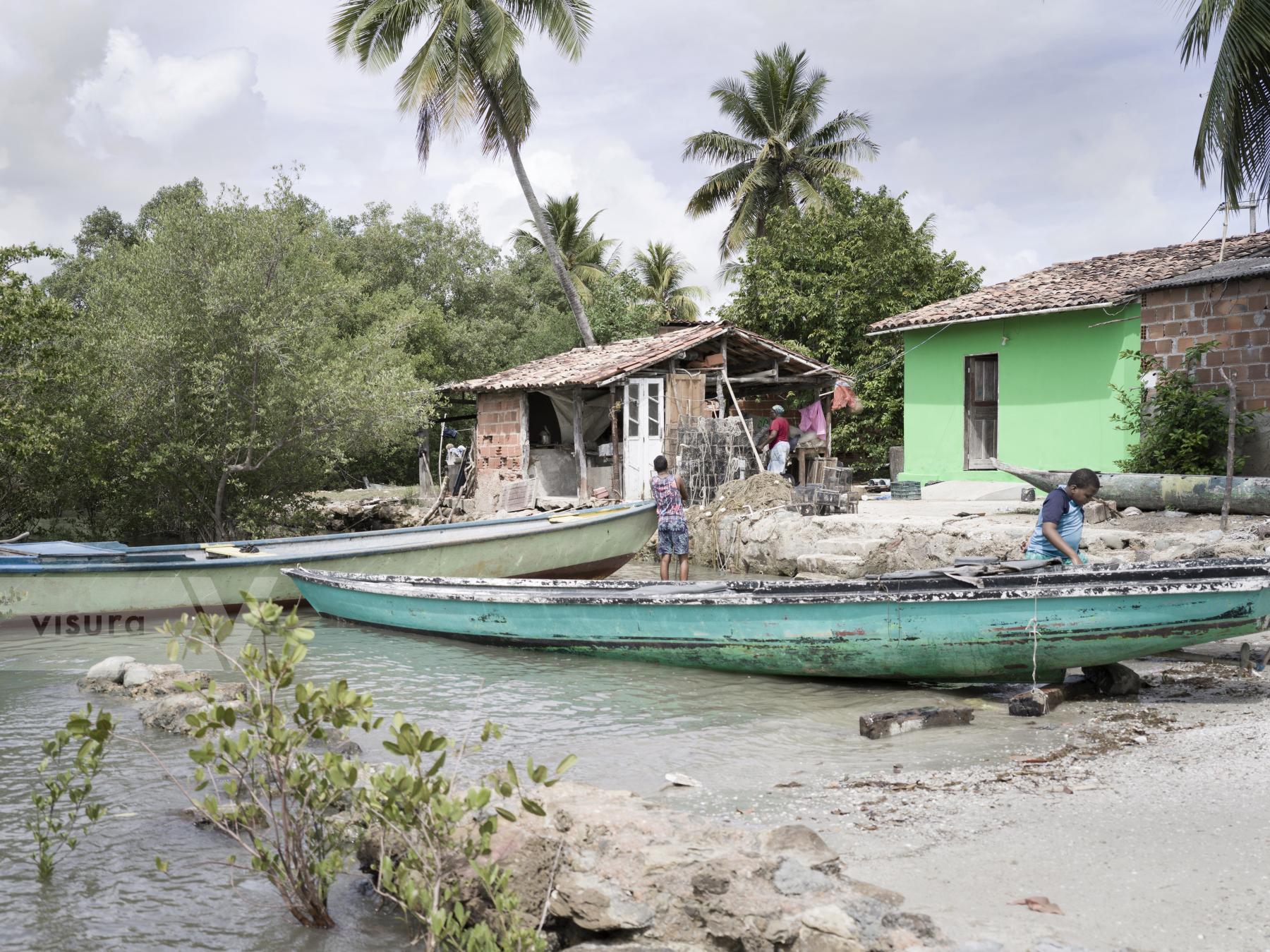
Ilha de Maré. A view of the community of Martelo, one of the communities belonging to the Quilombo of Ilha de Maré. The Quilombos are Brazilian settlement founded by people of African origin; most of the founders of these communities were escaped slaves. Despite the community of the Ilha de Maré's Quilombo tried to established a dialogue with the Institutions and the Companies to improve the environmental situation, very little has been done to decrease the pollution level or the factors that affect the Community of Ilha de Mare making them suffer of environmental racism. Salvador Brazil
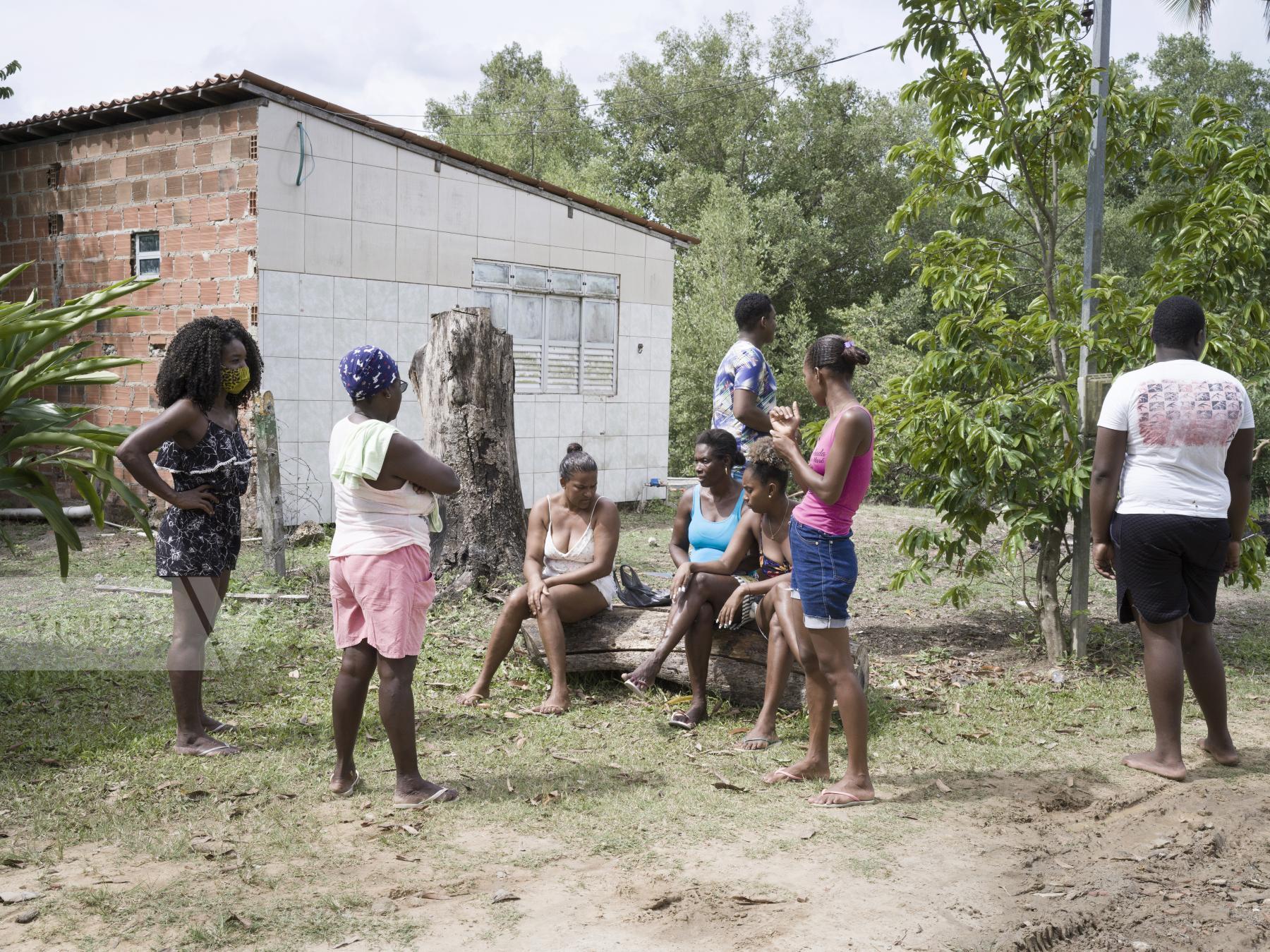
Ilha de Maré. Women of the community of Martelo gathering to discuss the daily problems related with shellfish hunting. Most of the activist of Ilha de Maré fighting for the community rights are women. Salvador Brazil
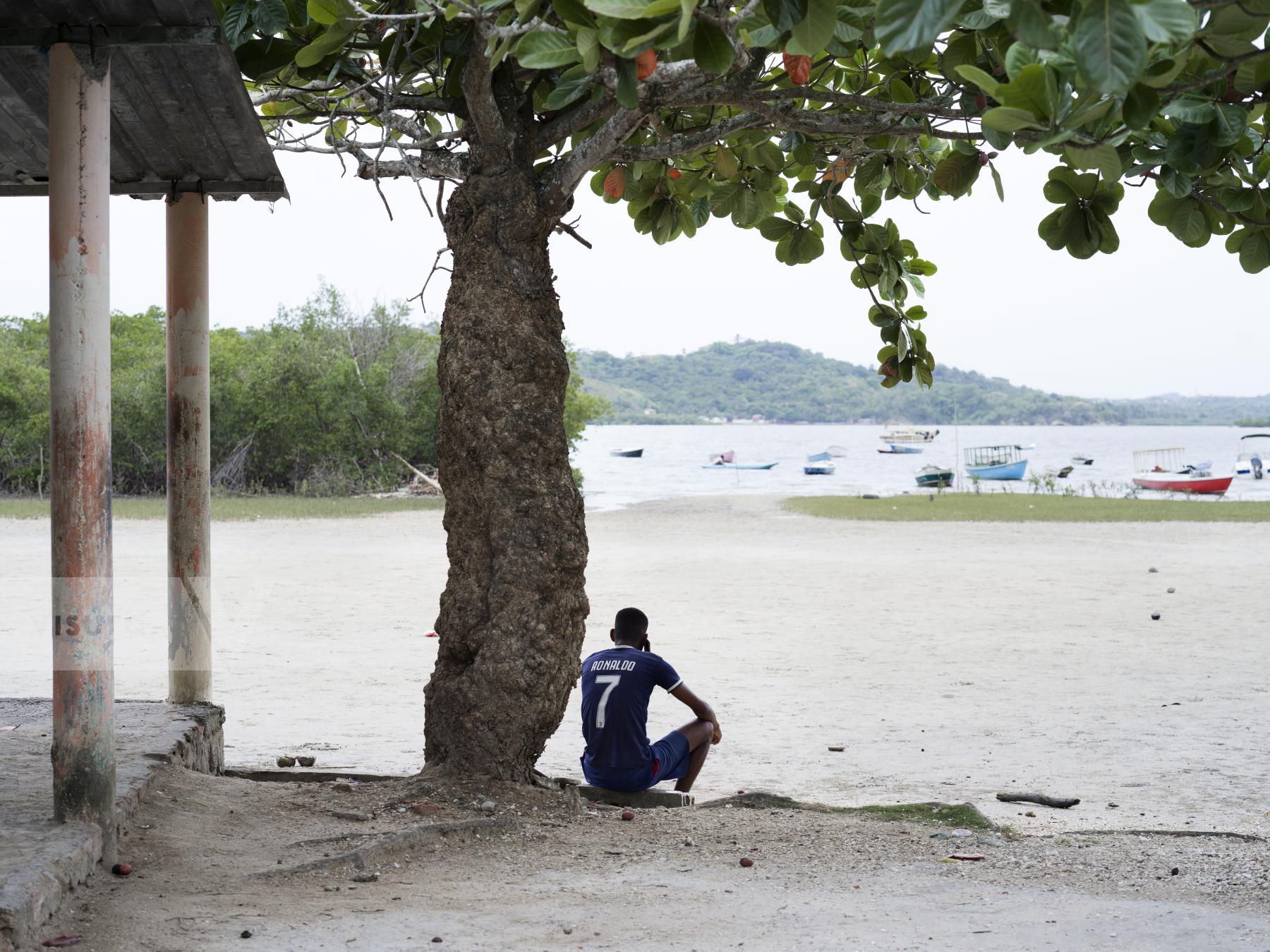
Ilha de Maré. A view of the beach in the community of Bananeira, one of the communities belonging to the Quilombo of Ilha de Maré. The Quilombos are Brazilian settlement founded by people of African origin; most of the founders of these communities were escaped slaves. Despite the community of the Ilha de Maré's Quilombo tried to established a dialogue with the Institutions and the Companies to improve the environmental situation, very little has been done to decrease the pollution level or the factors that affect the Community of Ilha de Mare making them suffer of environmental racism. Salvador Brazil
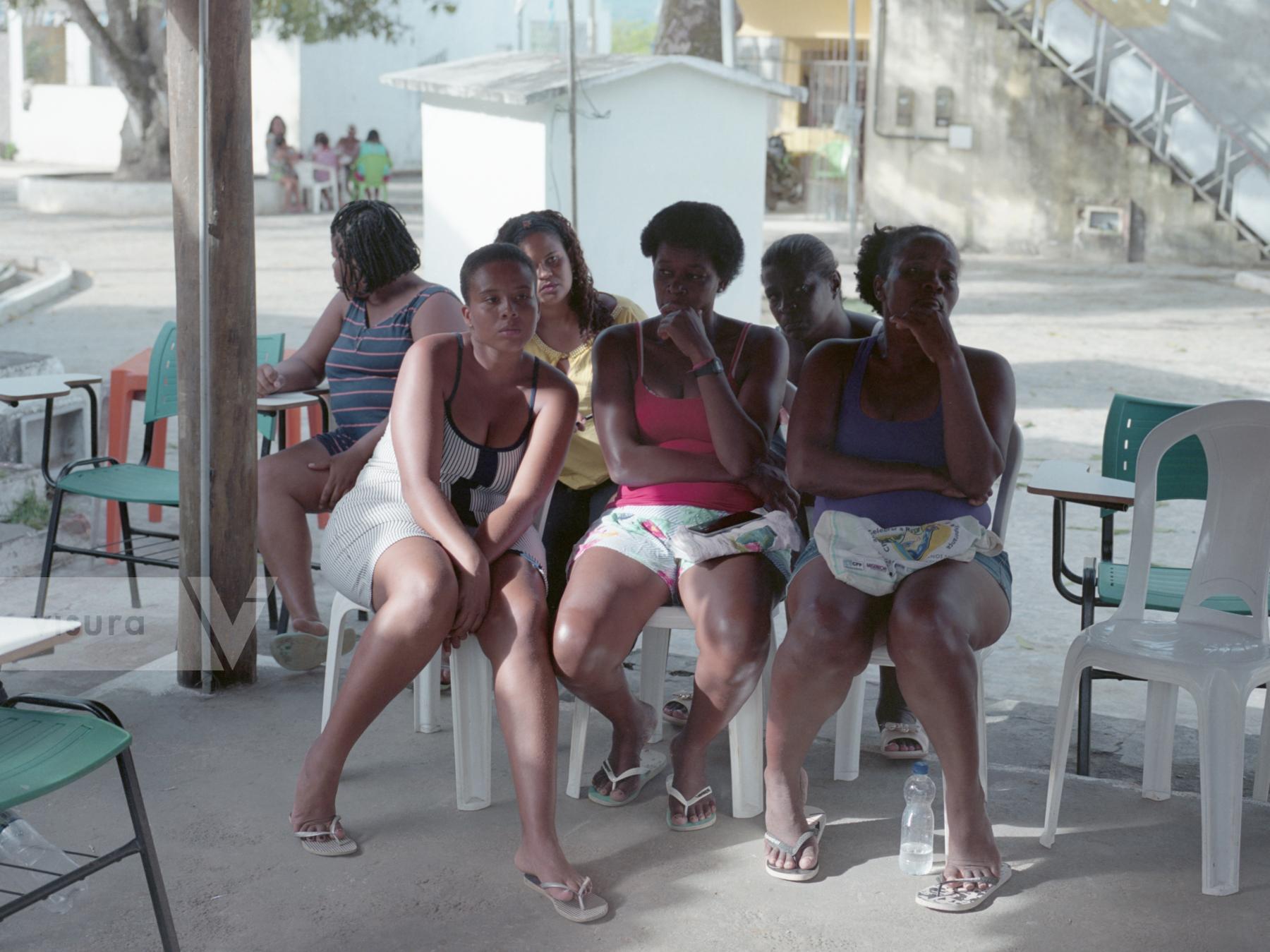
Ilha da Maré, Bahia. A group of fisherwomen during a meeting of the Community. The leaders of the Quilombo of Ilha de Maré are mainly women and are the ones that fish and catch seafood. Because of the high petrochemical pollution their still of life has been deeply affected. The Quilombolas claim they are discriminated by environmental racism. Salvador Brazil
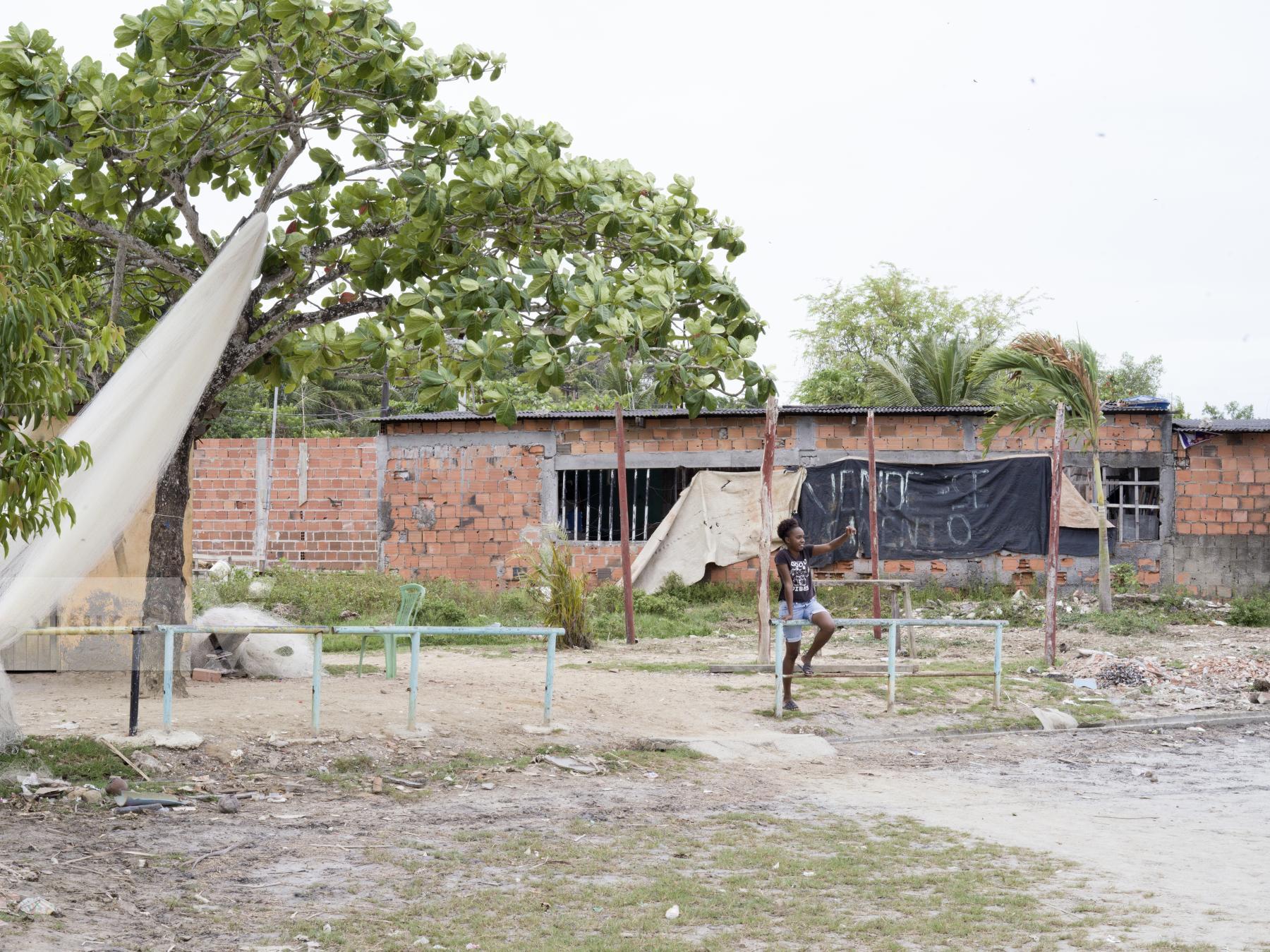
Ilha Da Maré. Shellfish catchers coming back from the crab hunting in the mangrove fields surrounding the island. The Bahia’s researcher Neuza Miranda carried on a study that demonstrated the high contamination of Cadmium and Lead coming from the local industries in the children of Ilha de Maré. Salvador Brazil
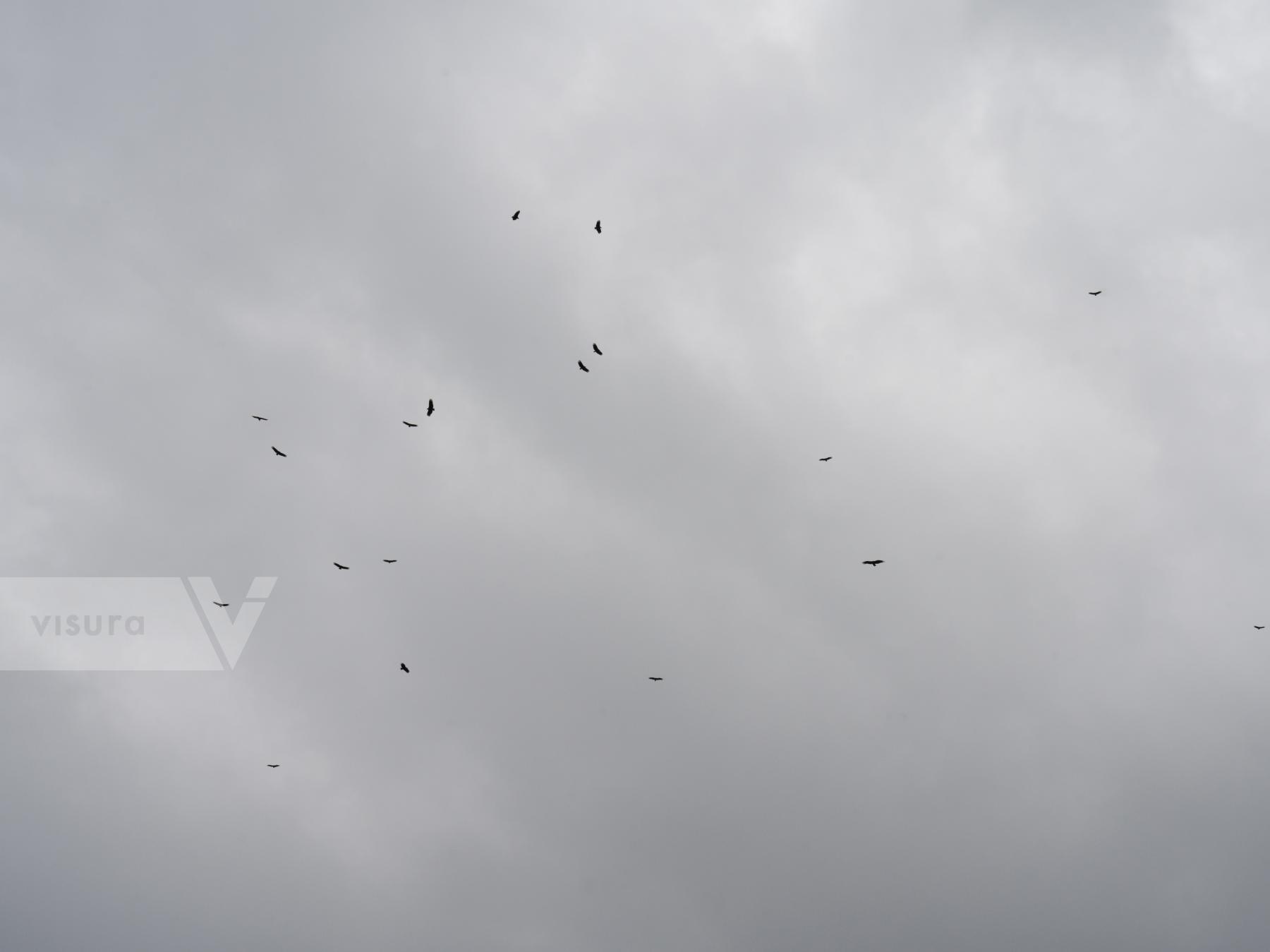
Ilha de Maré. Vultures flying on Ilha da Maré. Most of the part of the Island doesn't have sewers or water system distributing drinking water. Salvador Brazil
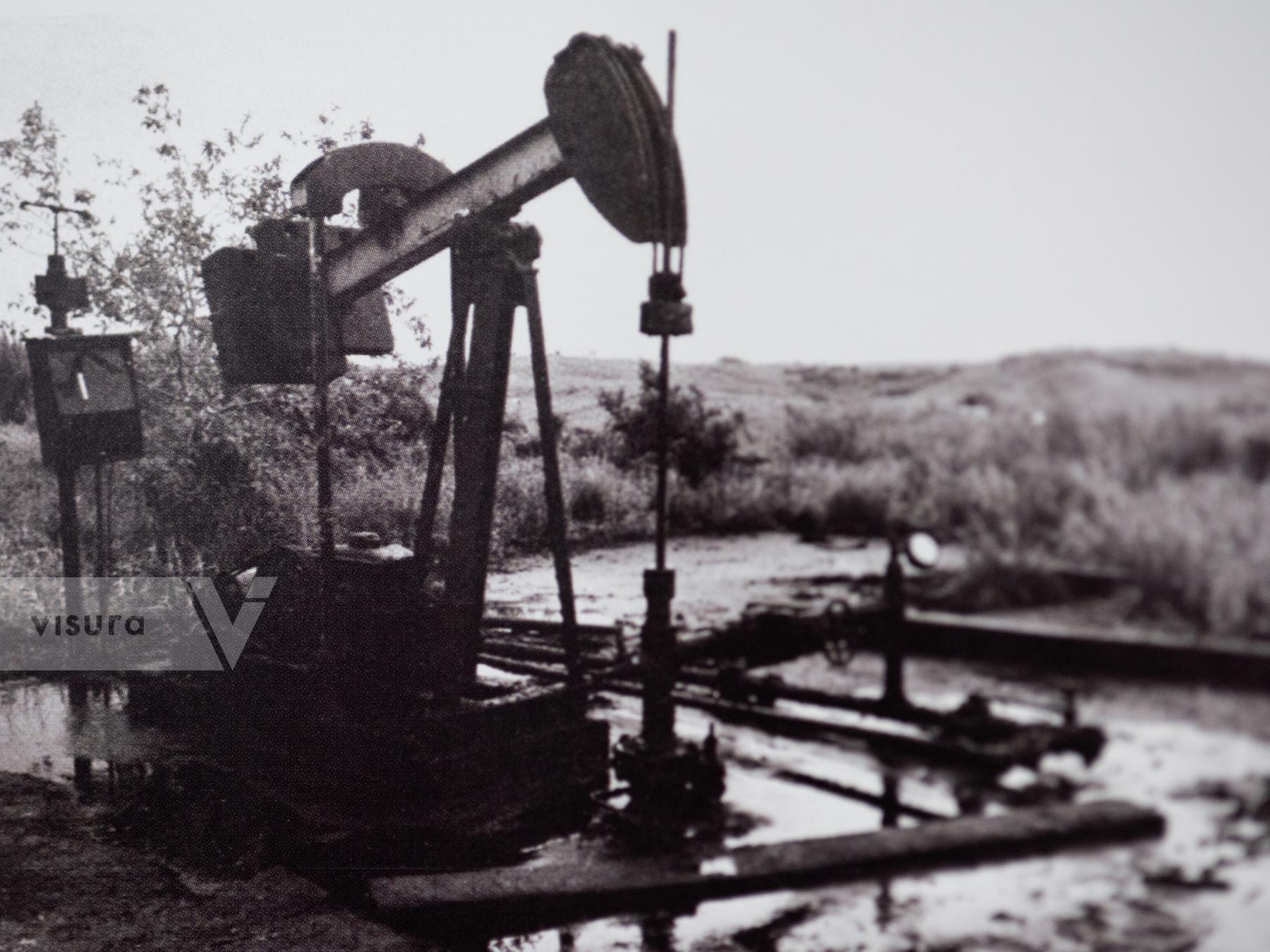
Candeias. A detail of a Oil well from an archival image shot at the first half of the XX century during the discovering of oil in the Candeia Area. Salvador Brazil
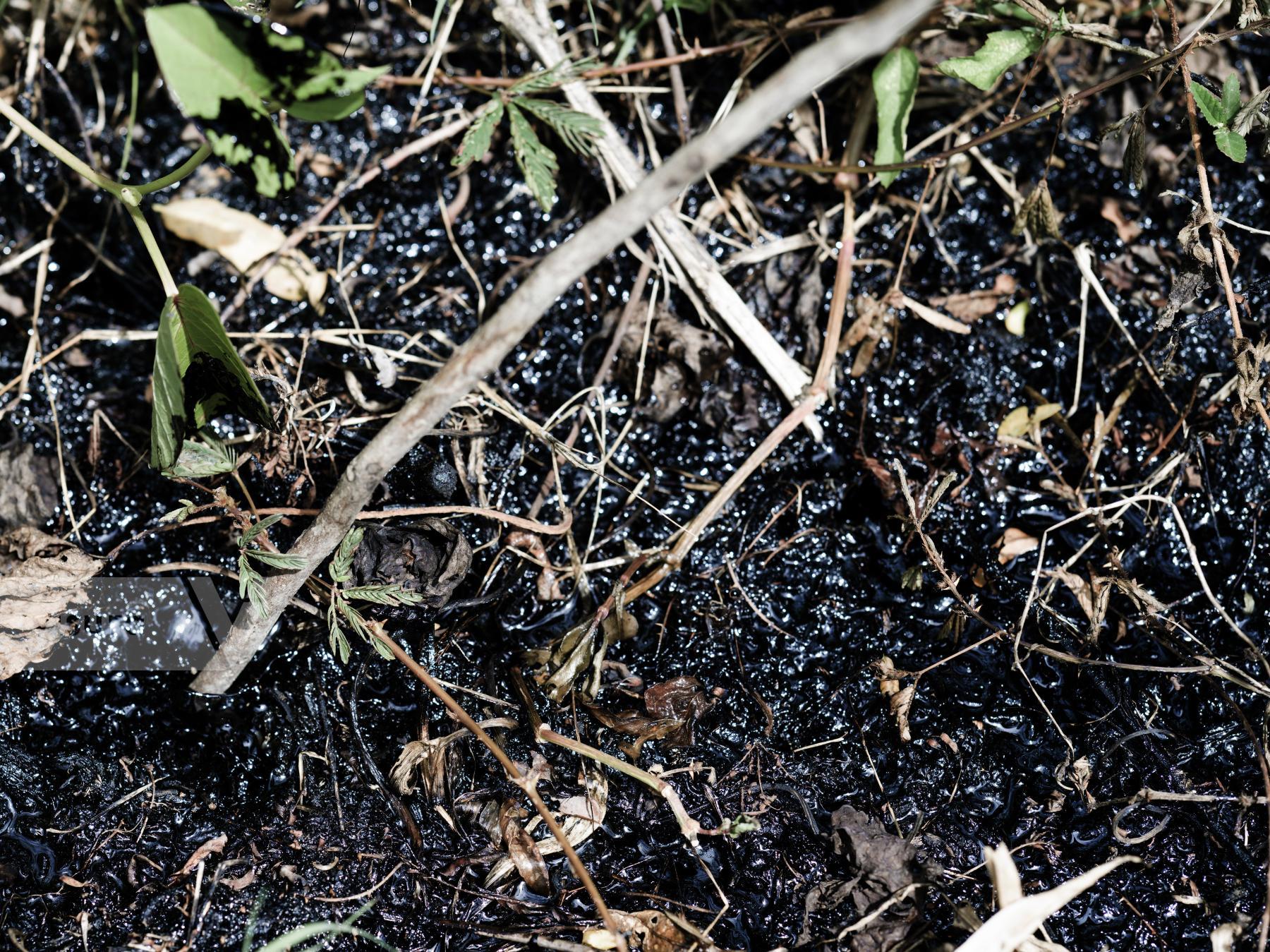
Ilha da Maré. Raw oil surfacing from the ground of some fields of Ilha da Maré. Between the 70s and the 80s several oil wells were installed on Ilha da Maré, at the time the first oil extracted were discarded lacking in purity, the company responsible for the wells discarded the oil in pits they dig close to the well and then they covered it with soil. The raw oil, which hasn't been absorbed by the soil, is today surfacing. Despite the wells on Ilha de Maré are not extraction any more oil the areas were never reclaimed. Salvador Brazil
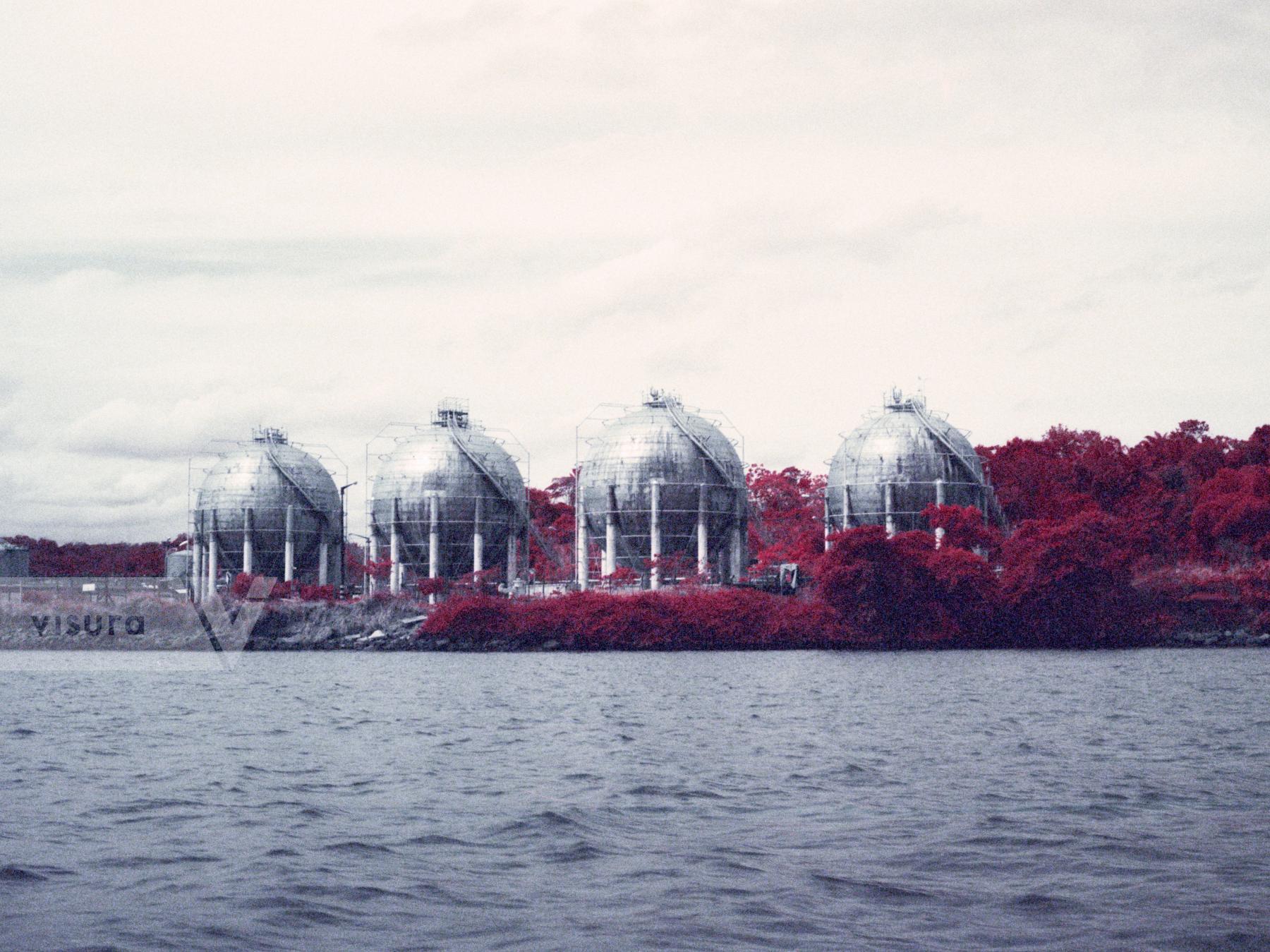
Aratu. An Infrared color image of gas deposits of Aratu Port. The Aratu-Candeias Port that is responsible for the 60% of the cargo ship travelling from and to the Bahia State. With an increase of the industrialisation, increased also the level of environmental pollution and environmental related incidents, like in 2008when a Norwegian ship lost in the waters lubricant oil polluting all the nearby areas. Salvador Brazil
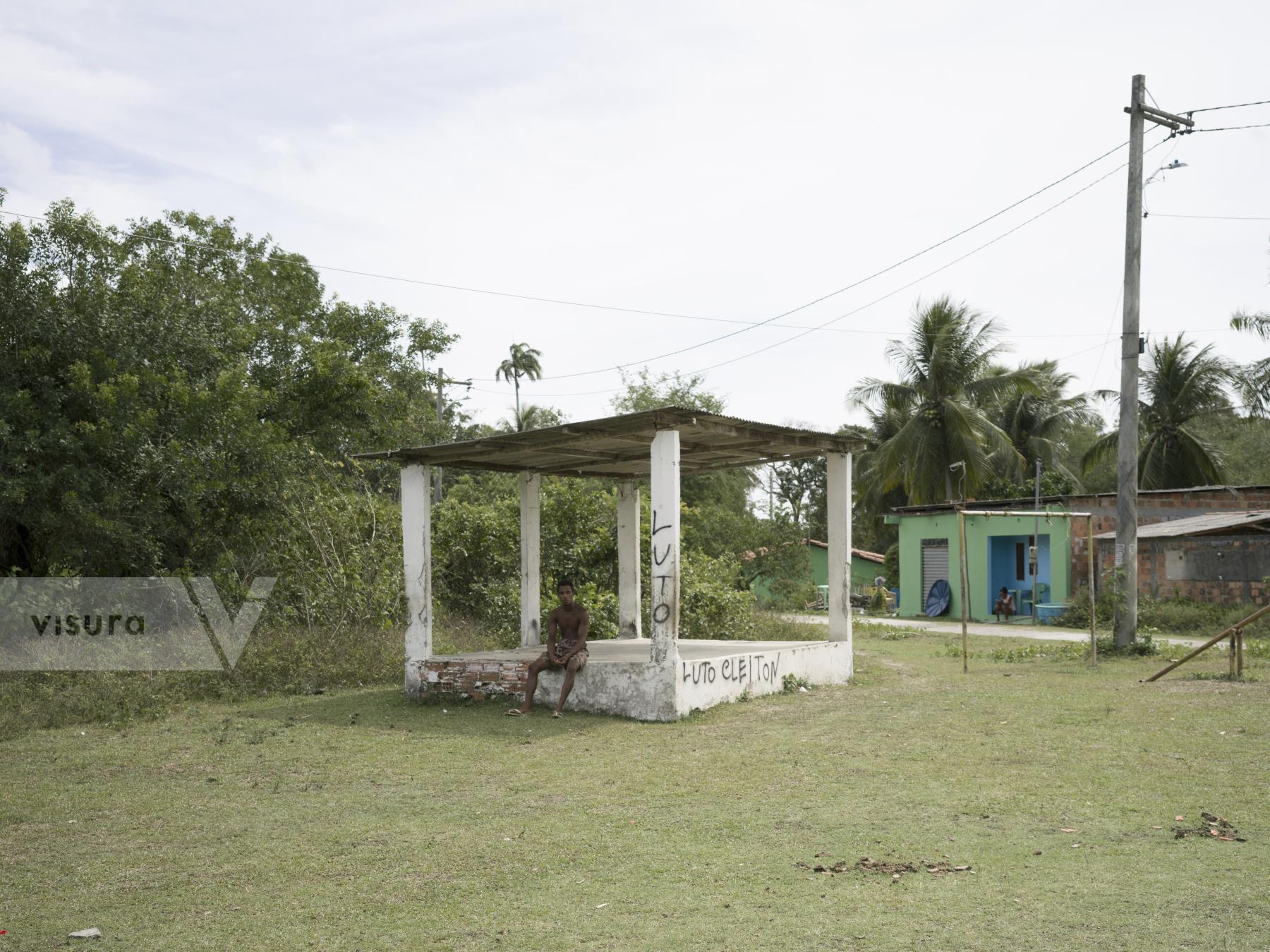
Ilha da Maré. A member of the community of Martelo rest in the square of the village. The community of Martelo belongs to the Quilombo of Ilha de Maré. The Quilombos are Brazilian settlement founded by people of African origin; most of the founders of these communities were escaped slaves. Despite the community of the Ilha de Maré's Quilombo tried to established a dialogue with the Institutions and the Companies to improve the environmental situation, very little has been done to decrease the pollution level or the factors that affect the Community of Ilha de Mare making them suffer of environmental racism. Salvador Brazil
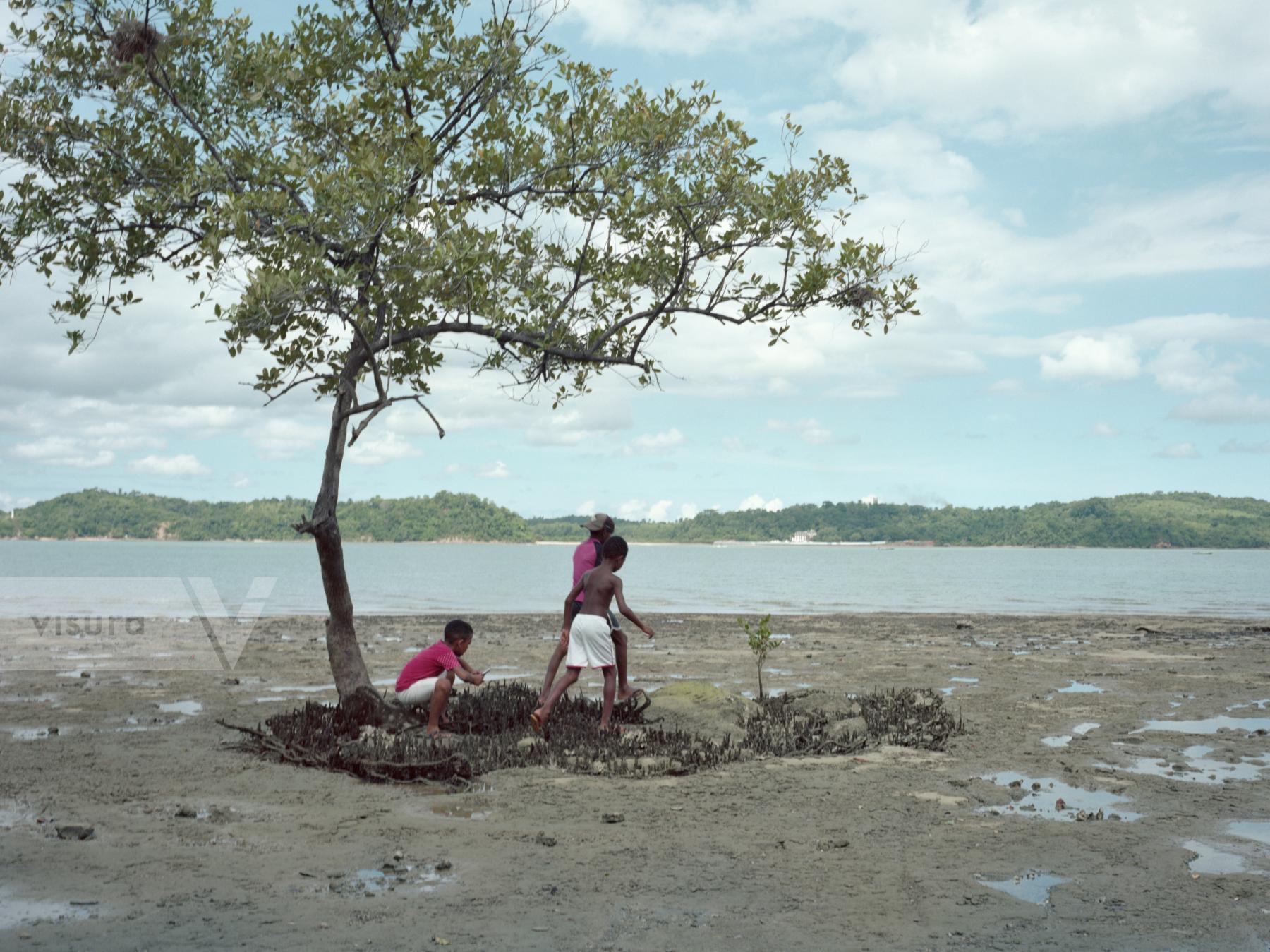
Ilha da Maré, Bahia. Children from Ilha da Maré play while searching for seafood. The Ilha da Mare is the home of several Quilombola’s communities that live of fishing. The waters where they fish are polluted with petrochemical residues and other chemical components. On the land of the island is possible to spot places where the oil come out from the ground. Most of the activists of the Island are women and they carry on the unity of the community and the fight for their basic rights. Salvador Brazil
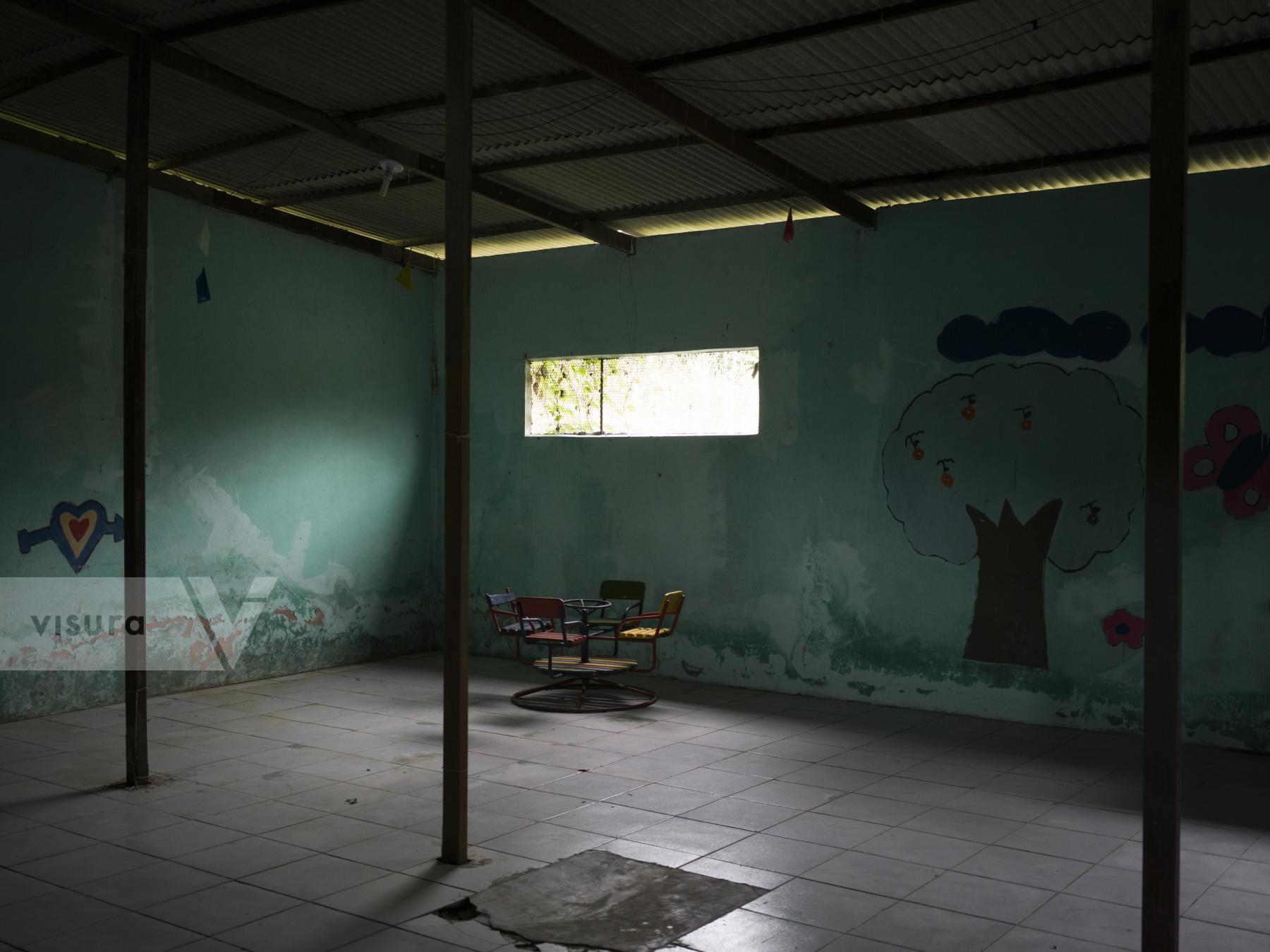
Ilha da Maré. A view of the school of Martelo built by the members of the communities belonging to the Ilha da Maré's Quilombo. After they finished the building, that is also home of the fishermen association, the city all decide to expropriate a part and use it as school. Salvador Brazil
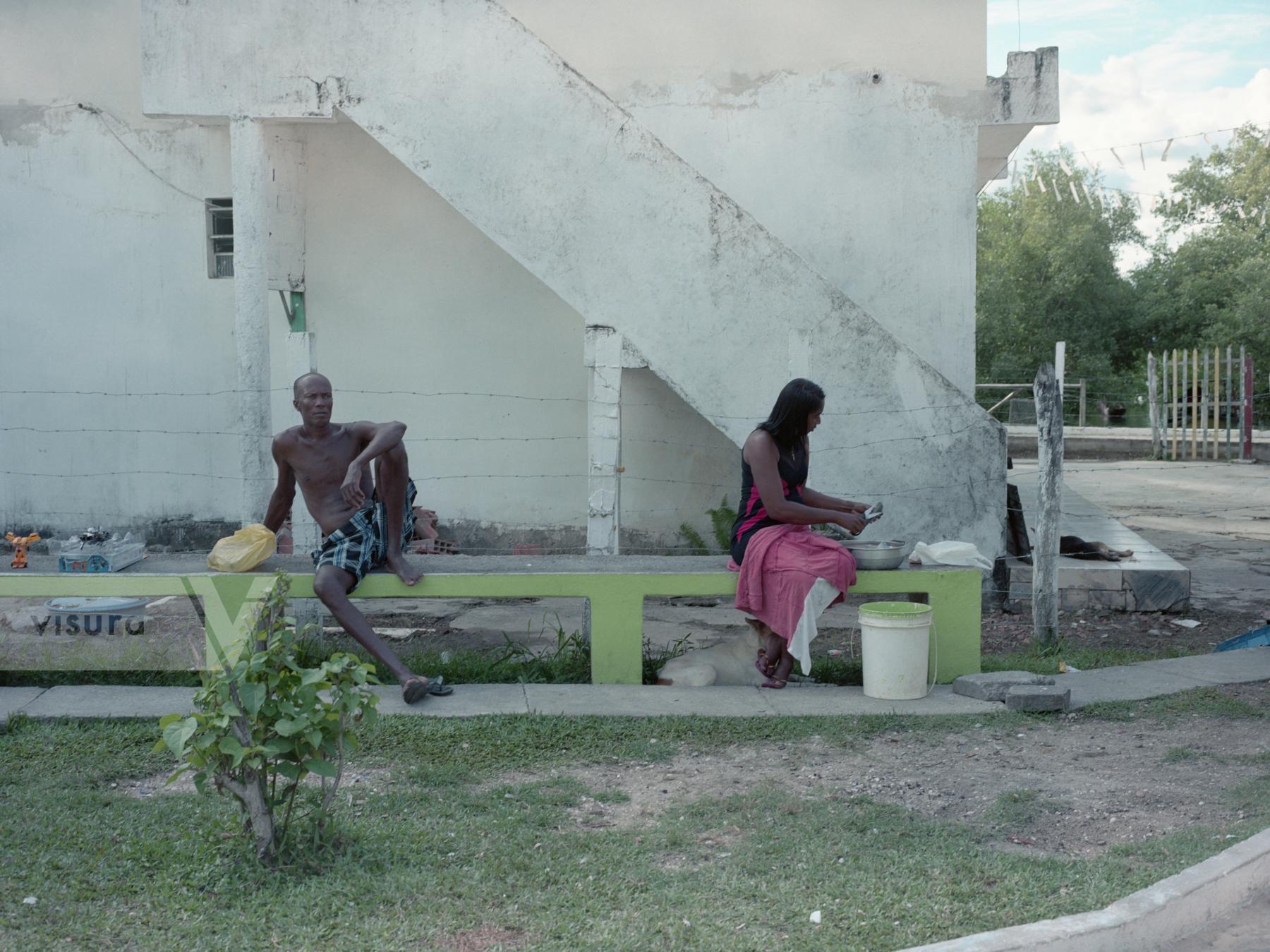
Ilha da Maré, Bahia. Daily life in the Quilombo of Ilha da Maré. The community lives of fishing mainly provided by fisherwomen. The Quilombo's communities of Ilha da Maré are deeply affect by the pollution caused by petrochemical factories located in the area. Salvador Brazil
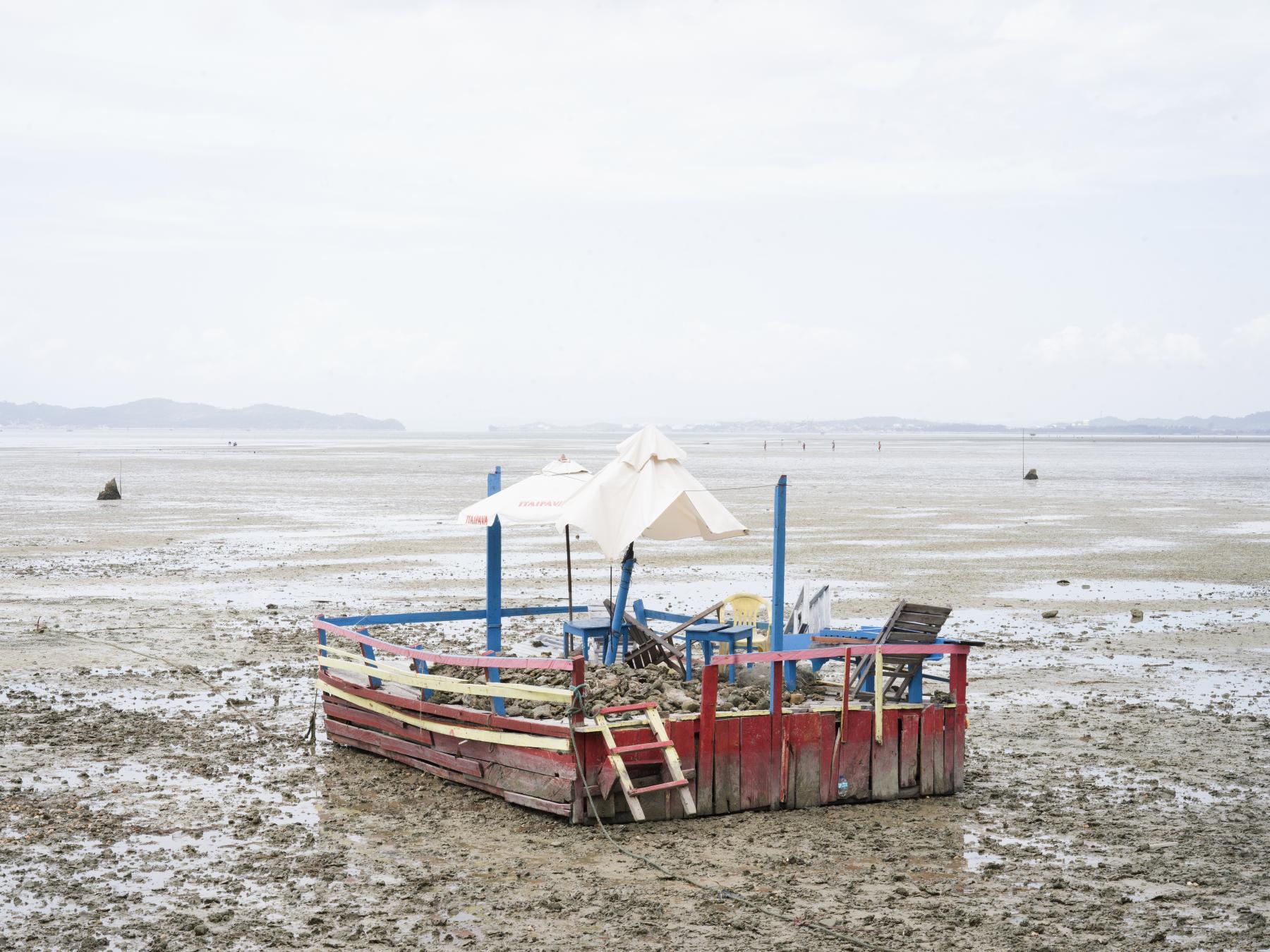
Ilha da Maré. A view of the seafront of PAria Grande, one of the communities belonging to the Ilha da Maré's Quilombo. The Quilombos are Brazilian settlement founded by people of African origin; most of the founders of these communities were escaped slaves. Despite the community of the Ilha de Maré's Quilombo tried to established a dialogue with the Institutions and the Companies to improve the environmental situation, very little has been done to decrease the pollution level or the factors that affect the Community of Ilha de Mare making them suffer of environmental racism. Salvador Brazil
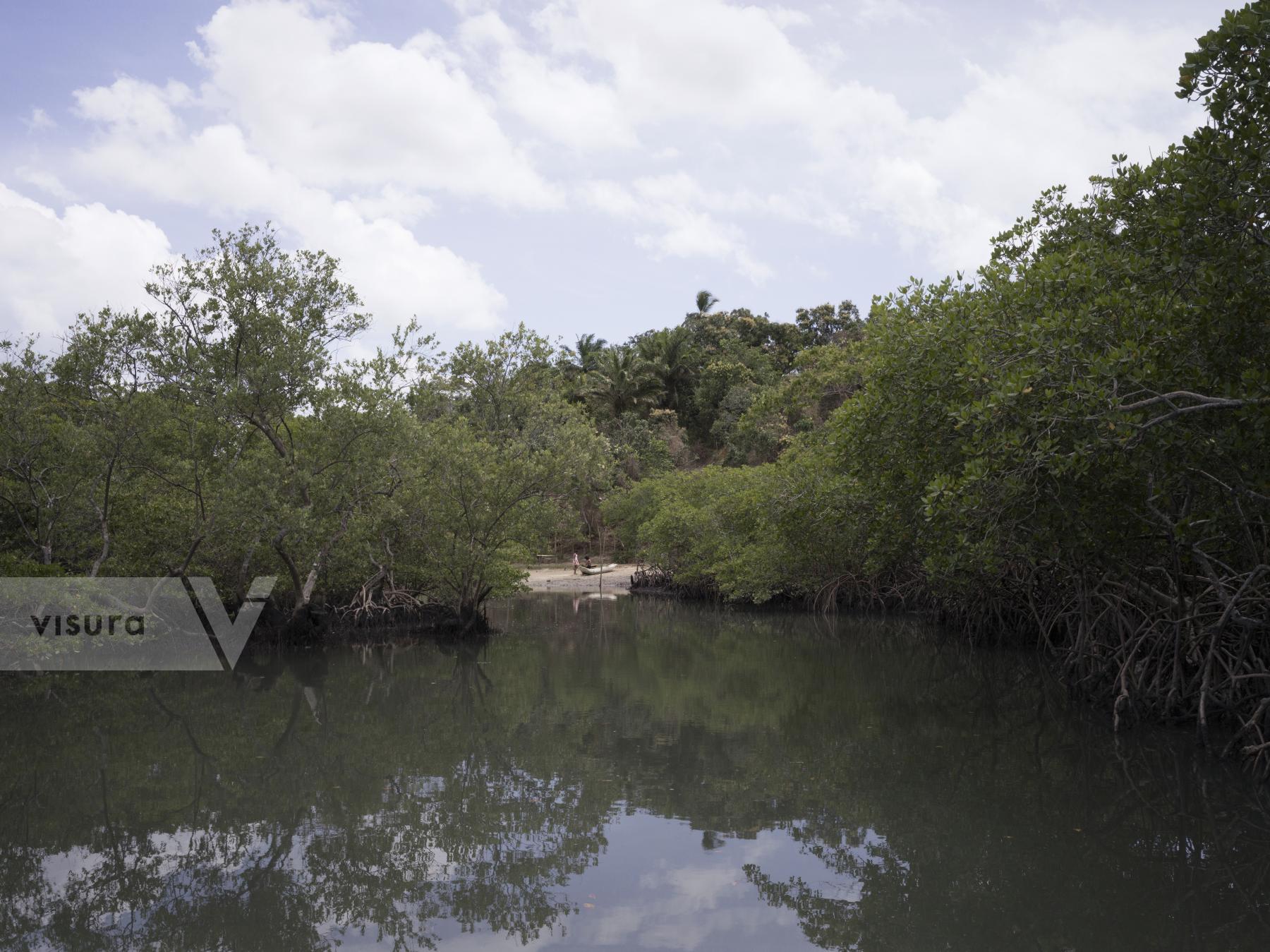
Ilha de Maré. A view of the mangrove field surrounding the island. Mangrove are essential for the economy of the local communities that live of shellfish hunting in this natural habitat. The industrialisation of the area caused a pollution of the mangrove forest and a reduction of the mangrove area deforested by the building of new industrial complexes. Salvador Brazil
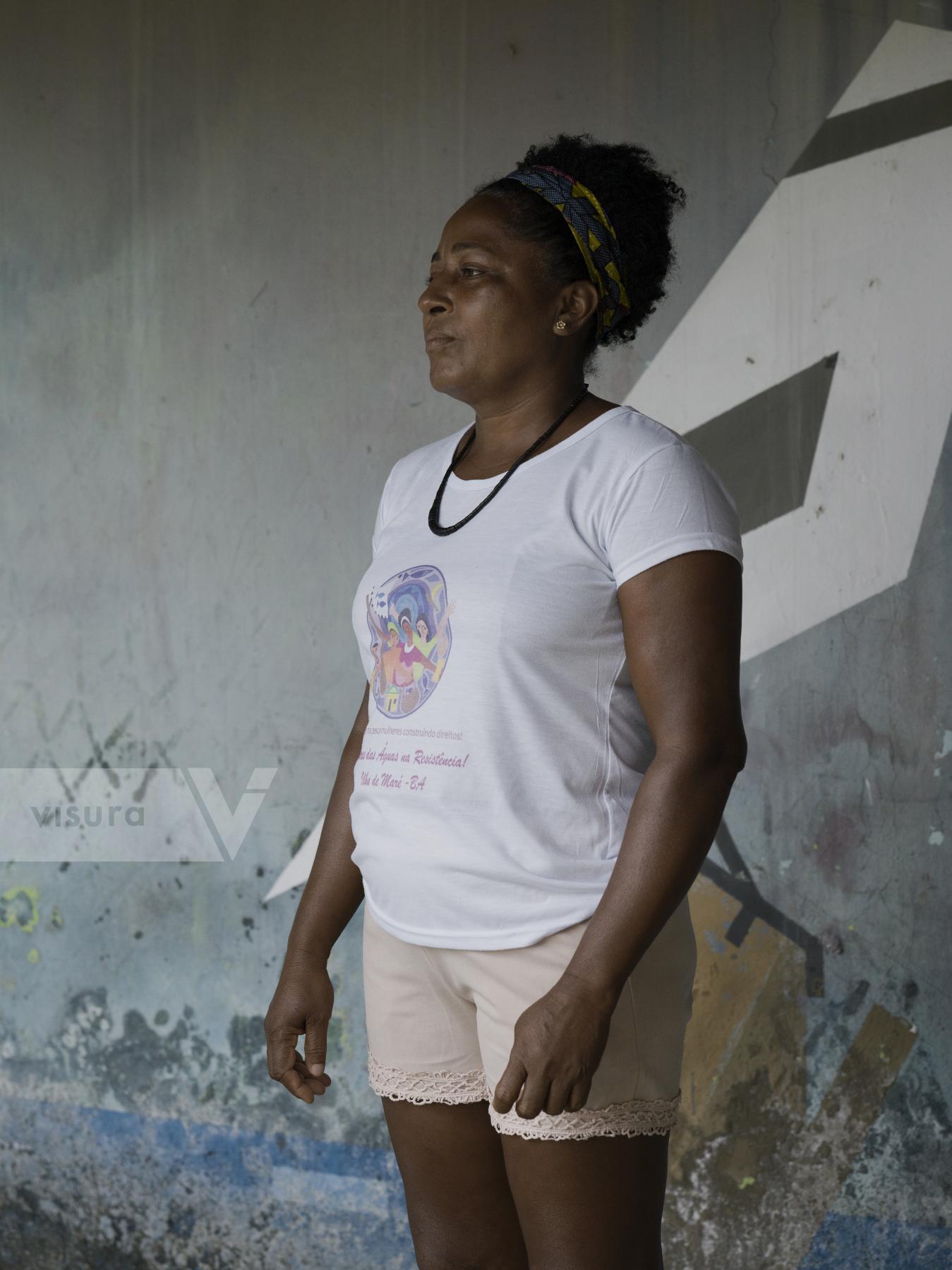
Ilha de Maré. A portrait of Marizelia Lopez, one of the activist of Ilha de Maré fighting for the Quilombola's rights. he leaders of the Quilombo of Ilha de Maré are mainly women and are the ones that fish and catch seafood. Because of the high petrochemical pollution their still of life has been deeply affected. The Quilombolas claim they are discriminated by environmental racism. Salvador Brazil
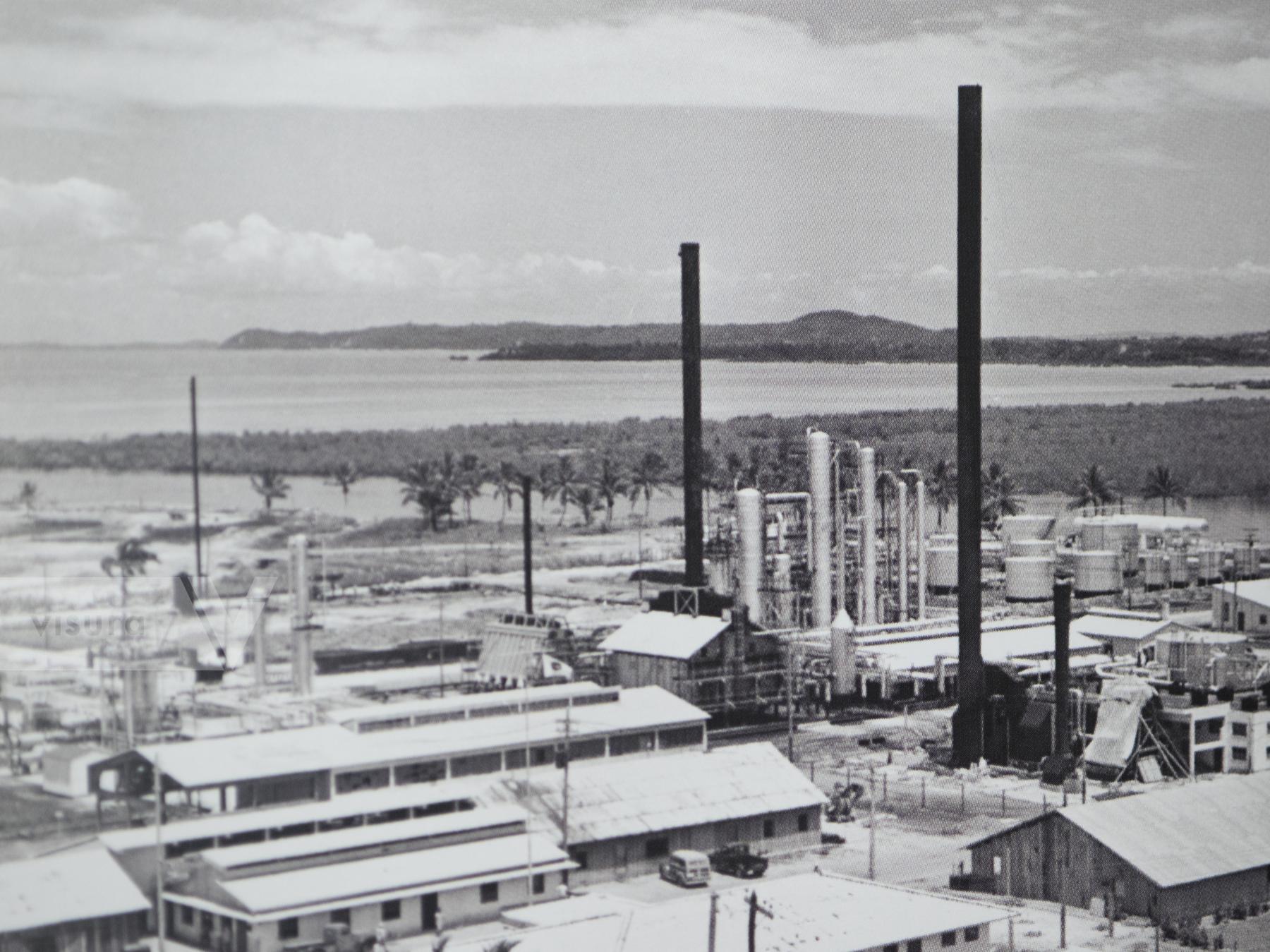
A detail of an archival image showing the Candeia Refinery at the beginning of its activity. Salvador Brazil
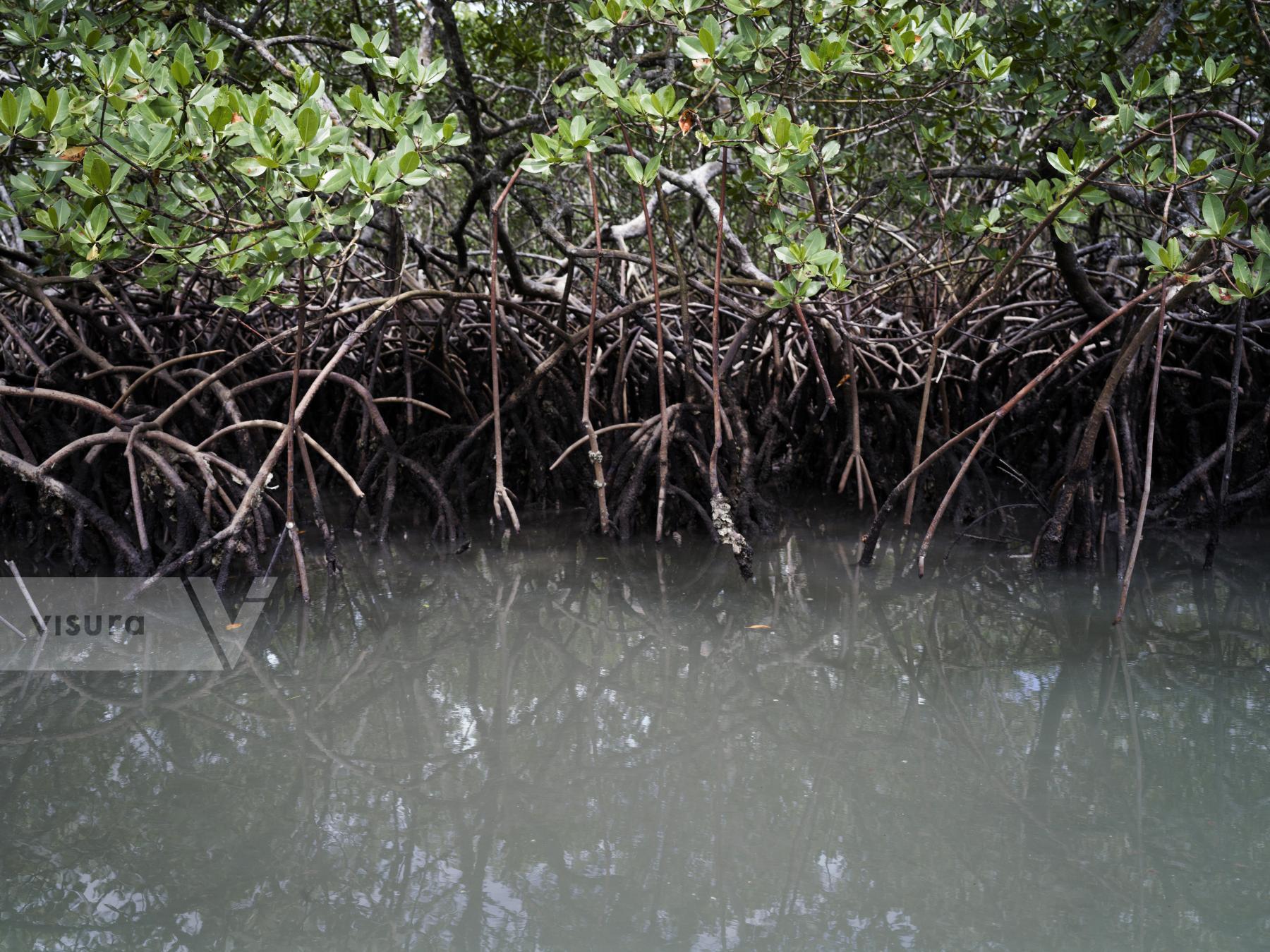
Ilha de Maré. A view of the mangrove field surrounding the island. Mangrove are essential for the economy of the local communities that live of shellfish hunting in this natural habitat. The industrialisation of the area caused a pollution of the mangrove forest and a reduction of the mangrove area deforested by the building of new industrial complexes. Salvador Brazil
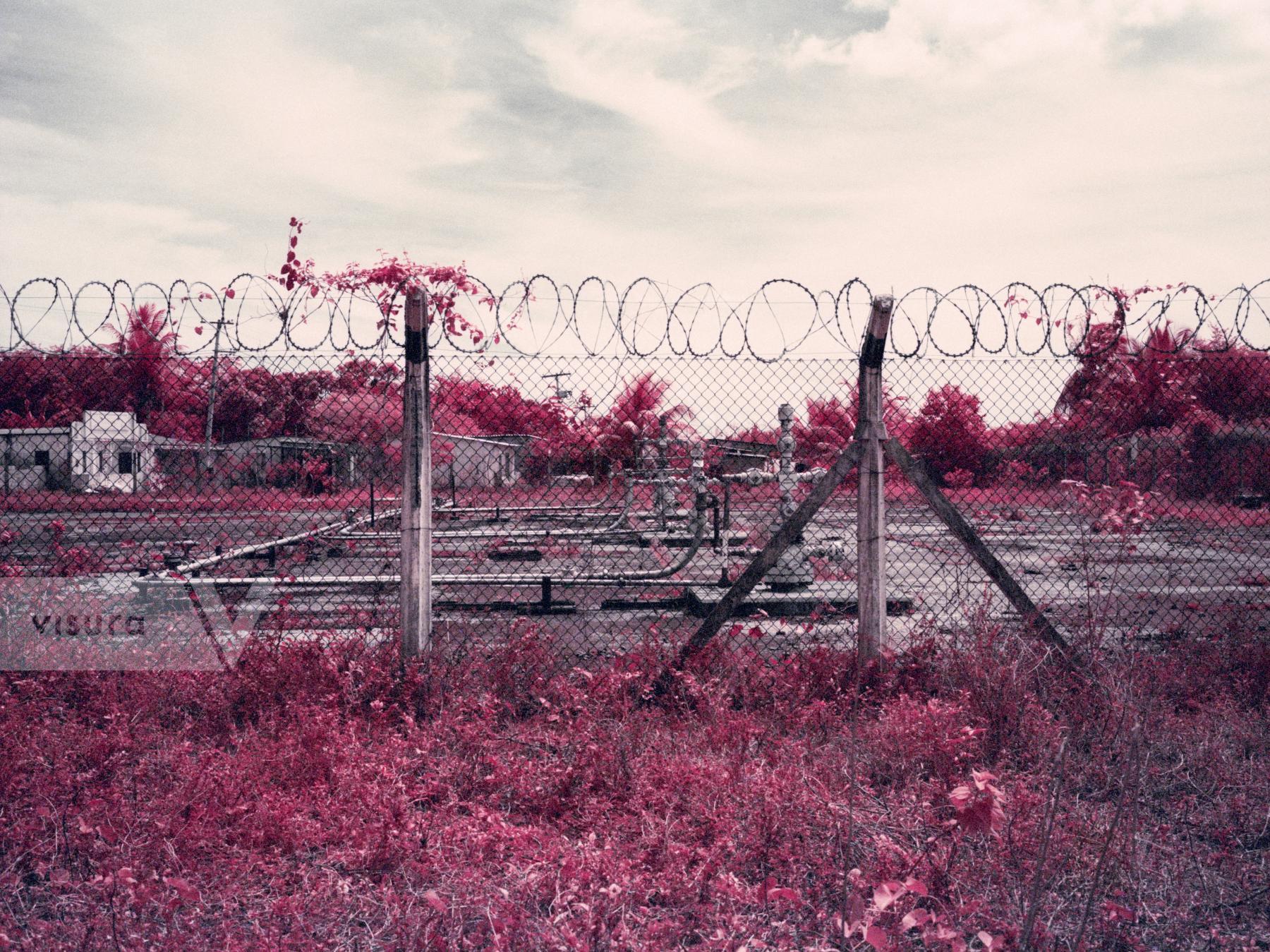
Ilha da Maré. Infrared color image of an oil well located on the Island. Salvador Brazil
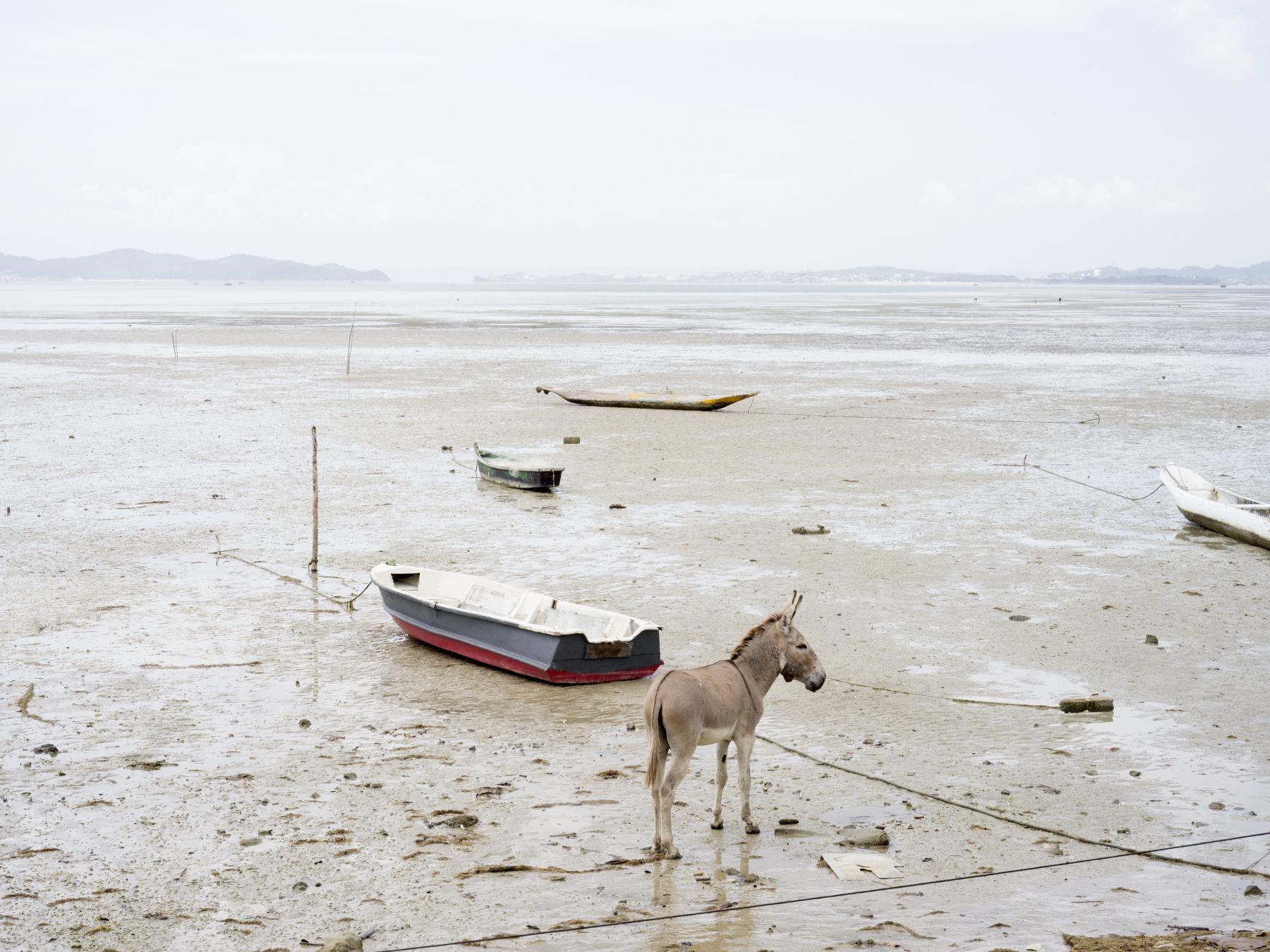
Ilha da Maré. A view of the seafront of PAria Grande, one of the communities belonging to the Ilha da Maré's Quilombo. The Quilombos are Brazilian settlement founded by people of African origin; most of the founders of these communities were escaped slaves. Despite the community of the Ilha de Maré's Quilombo tried to established a dialogue with the Institutions and the Companies to improve the environmental situation, very little has been done to decrease the pollution level or the factors that affect the Community of Ilha de Mare making them suffer of environmental racism. Salvador Brazil






























